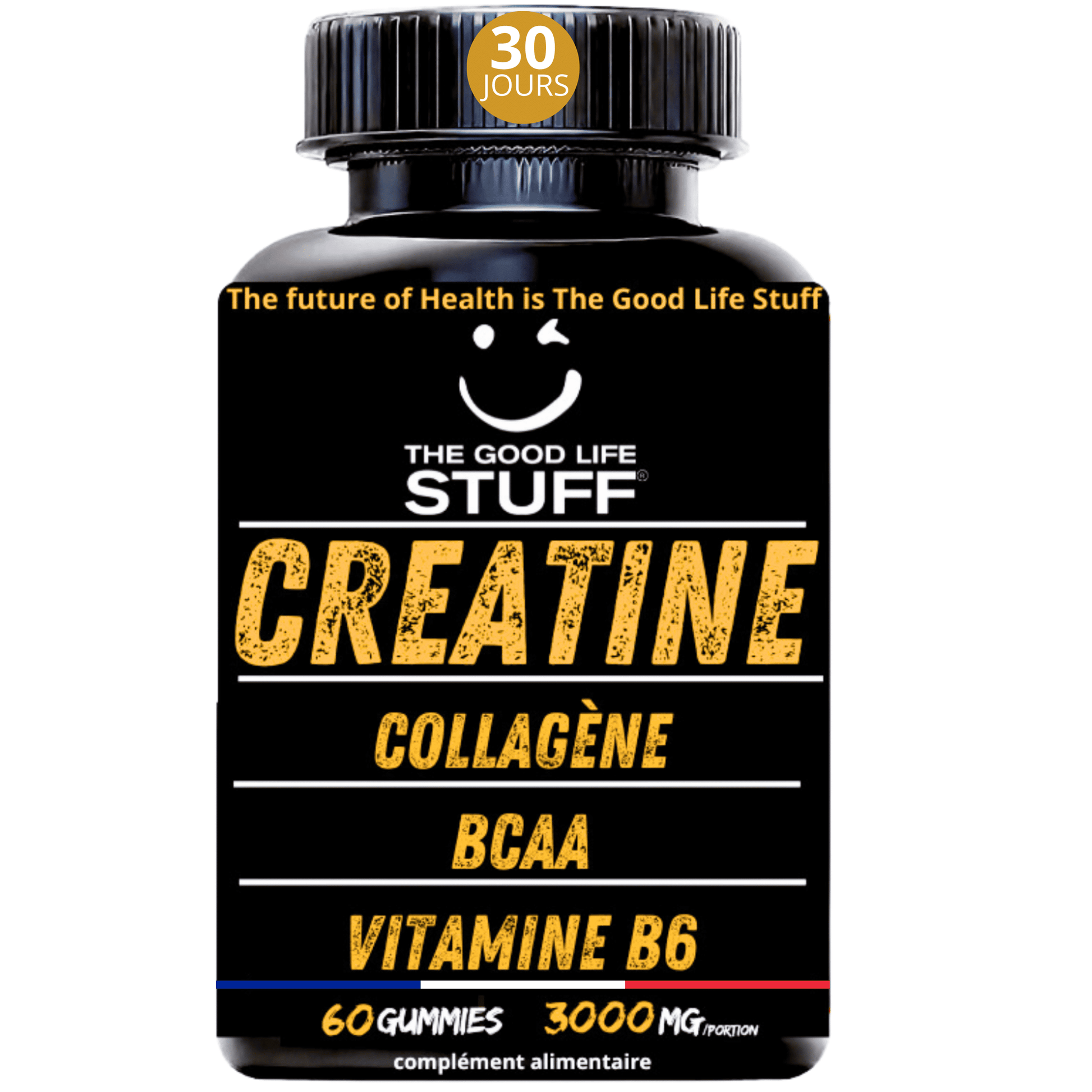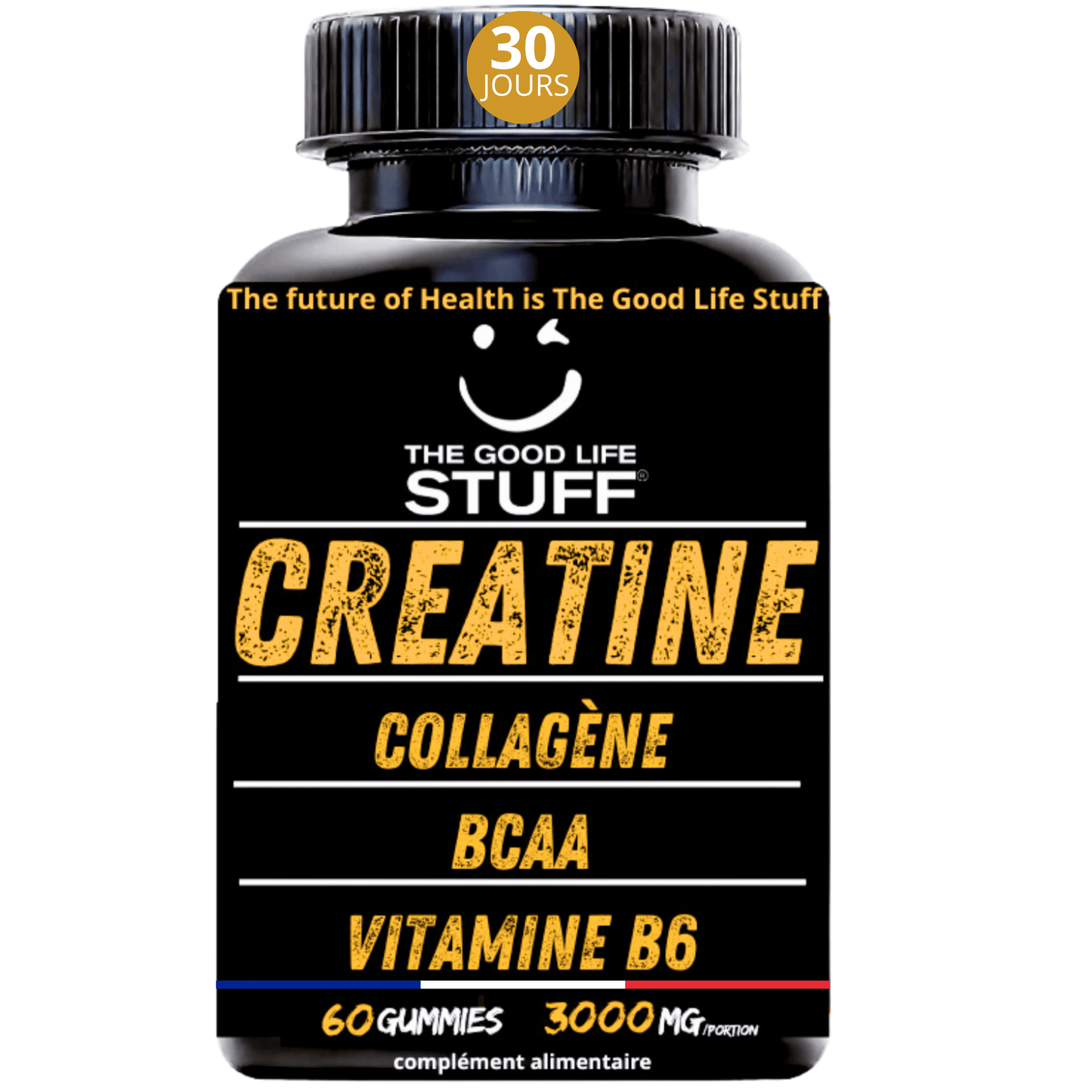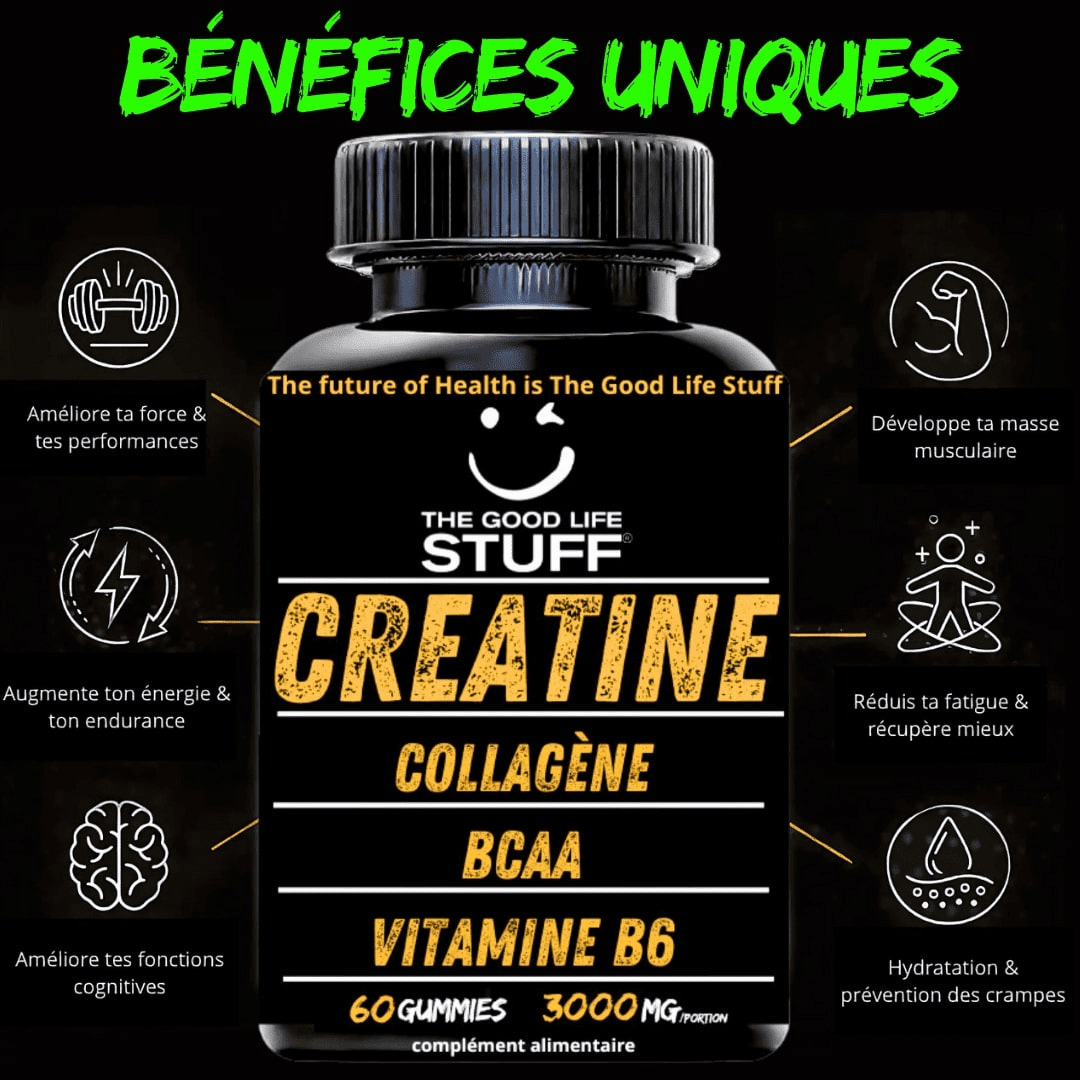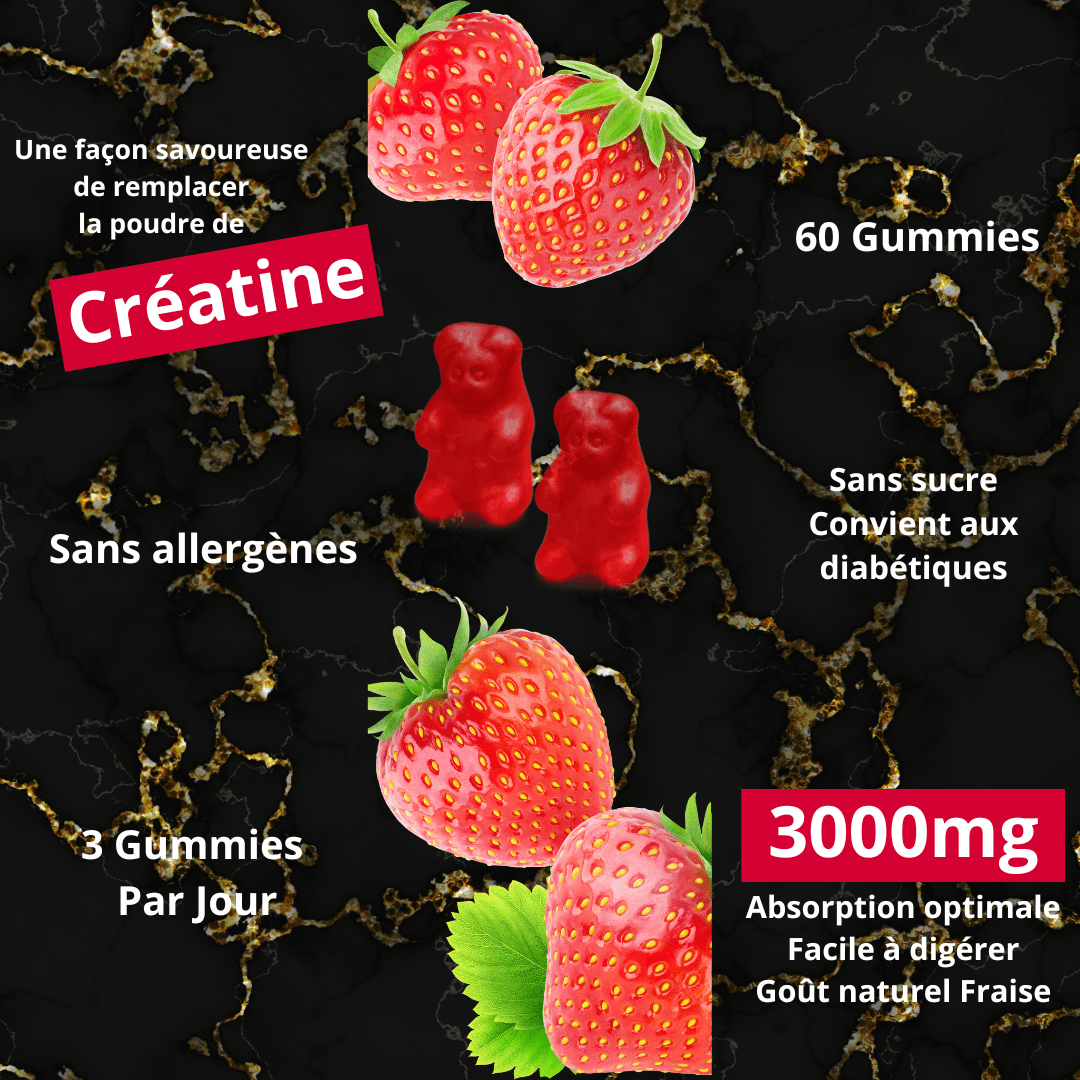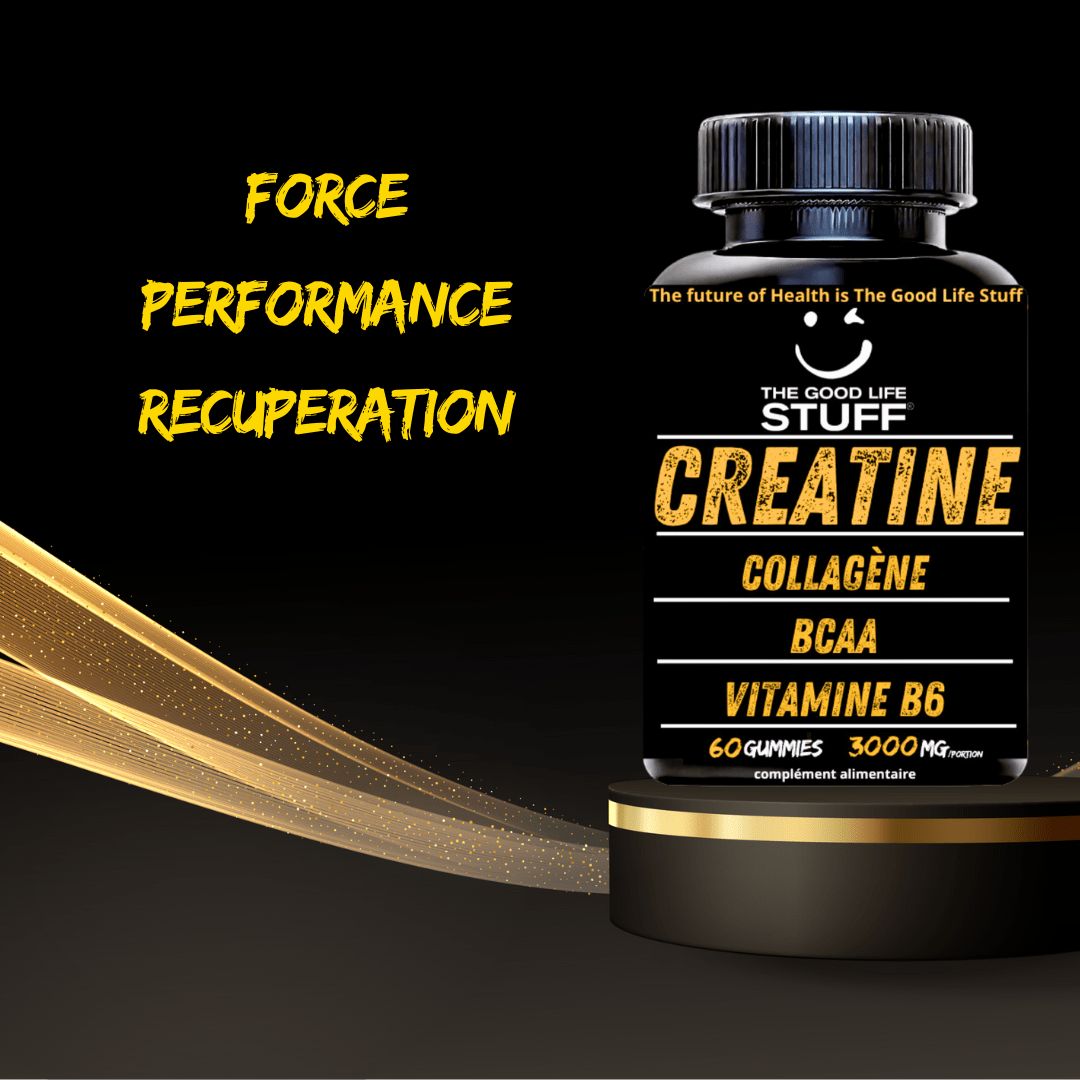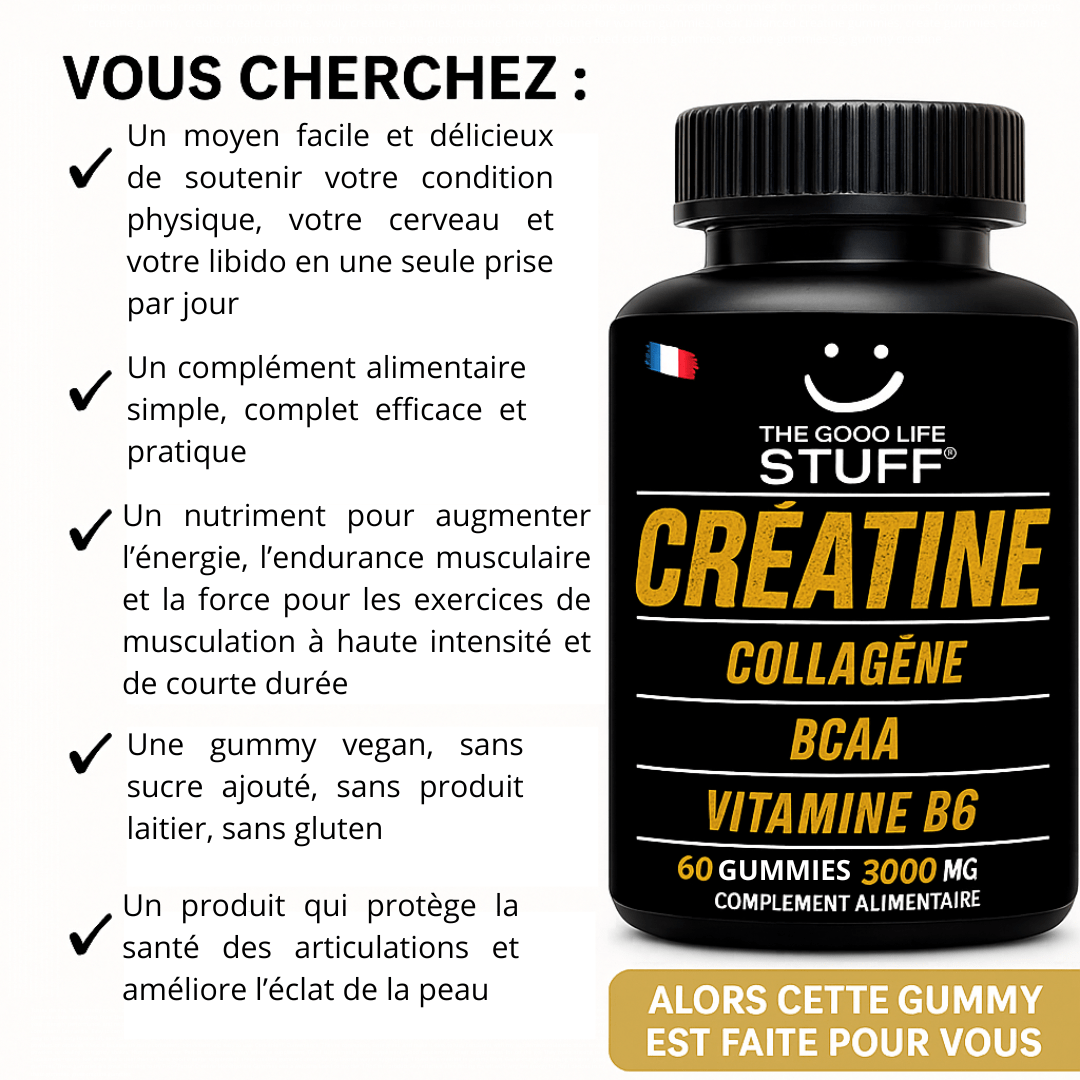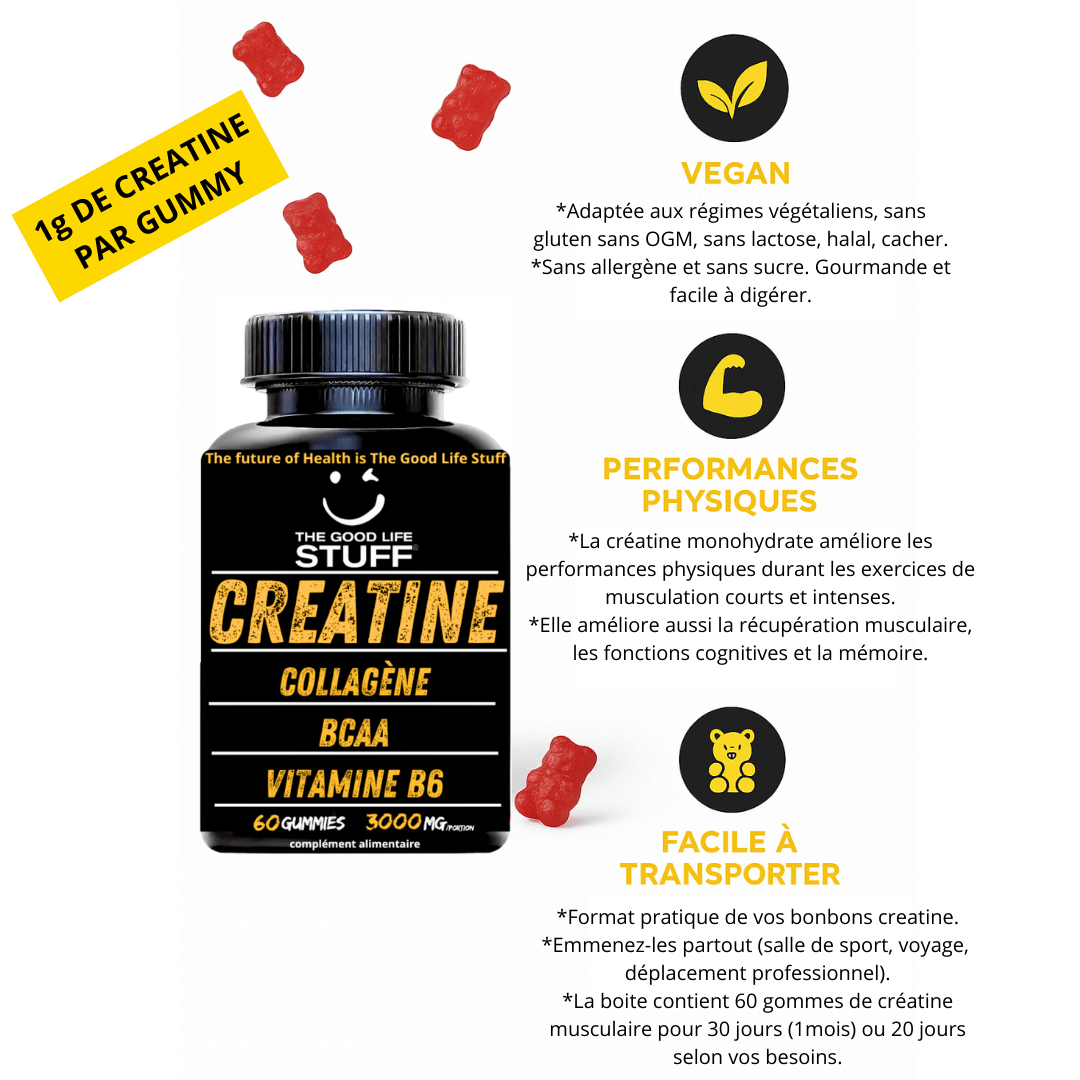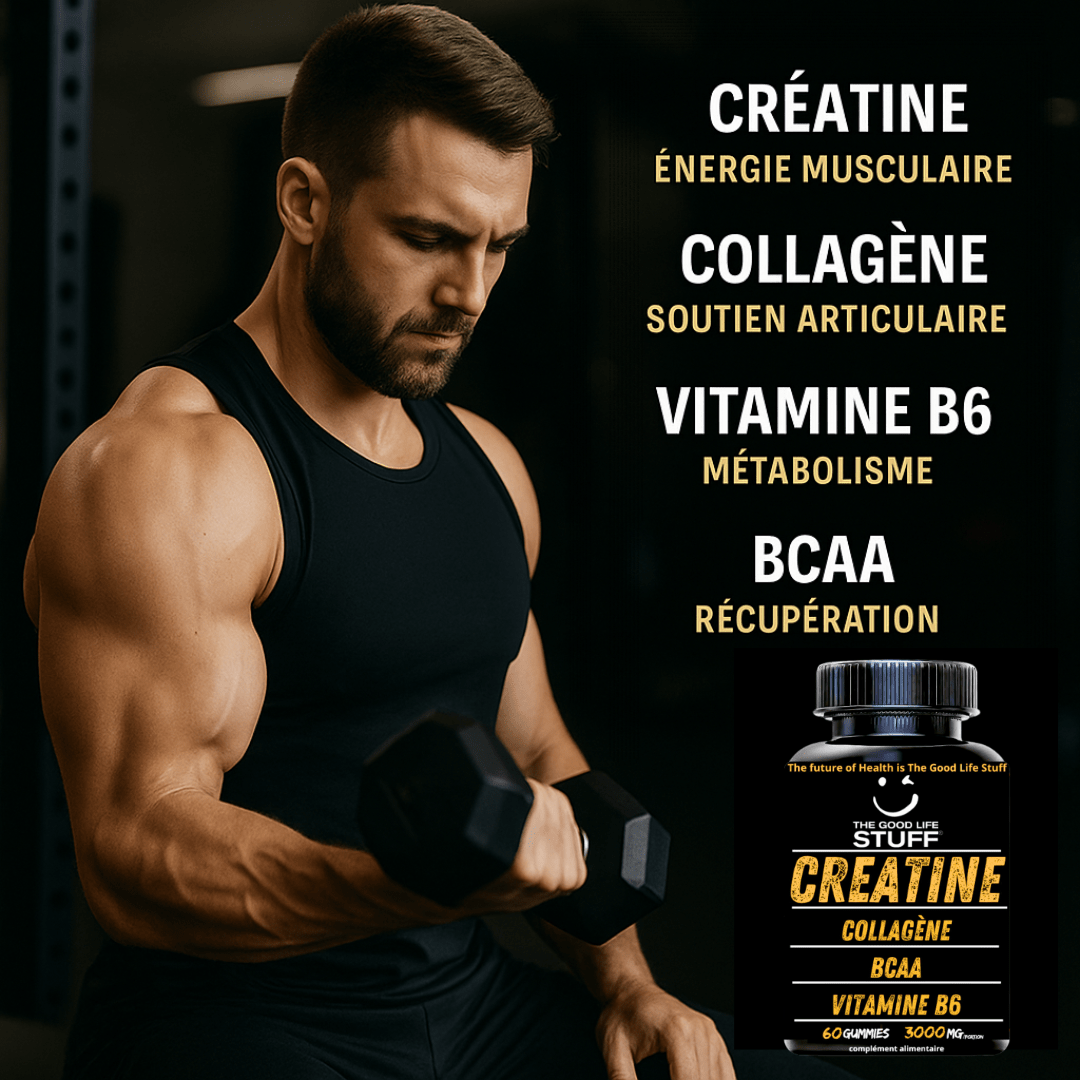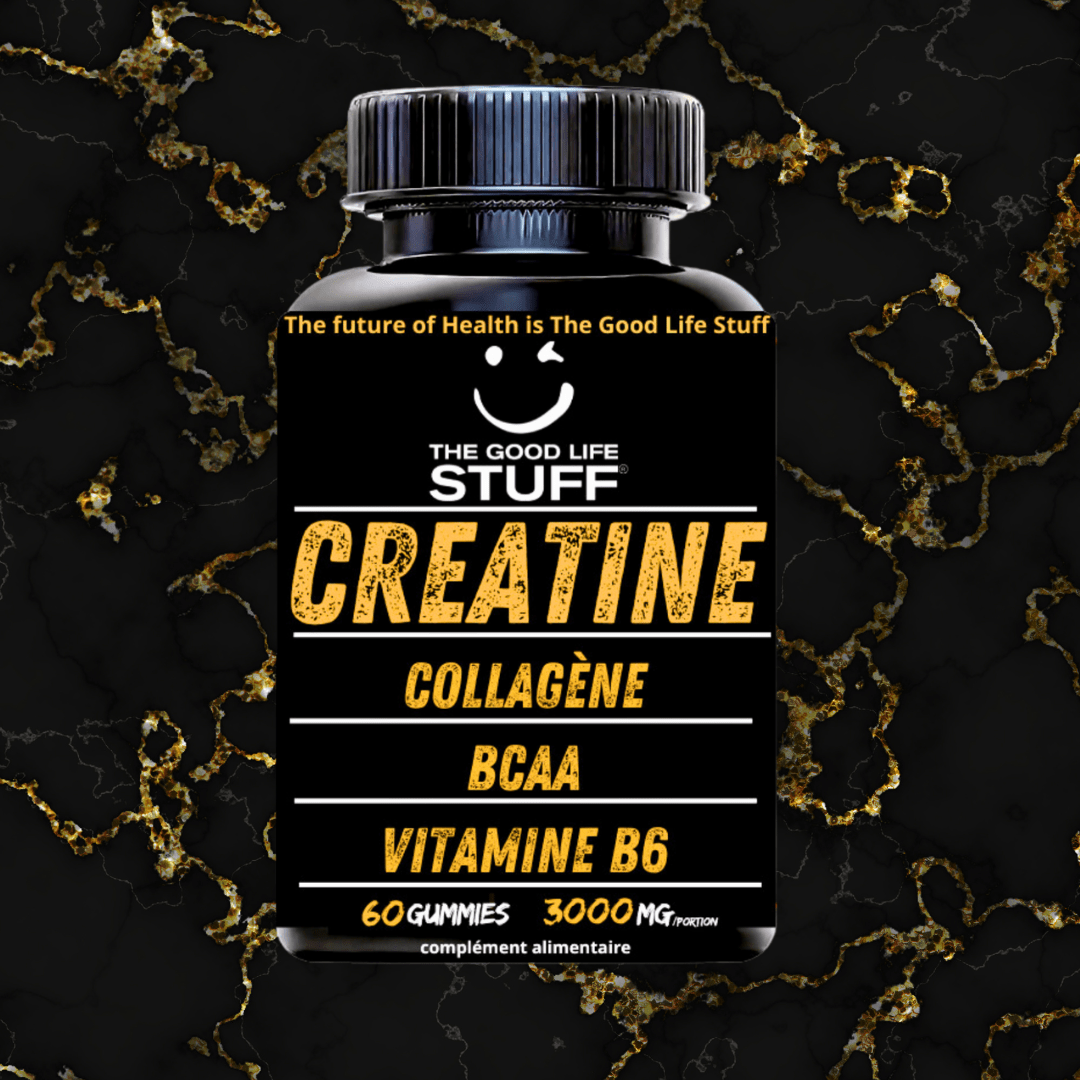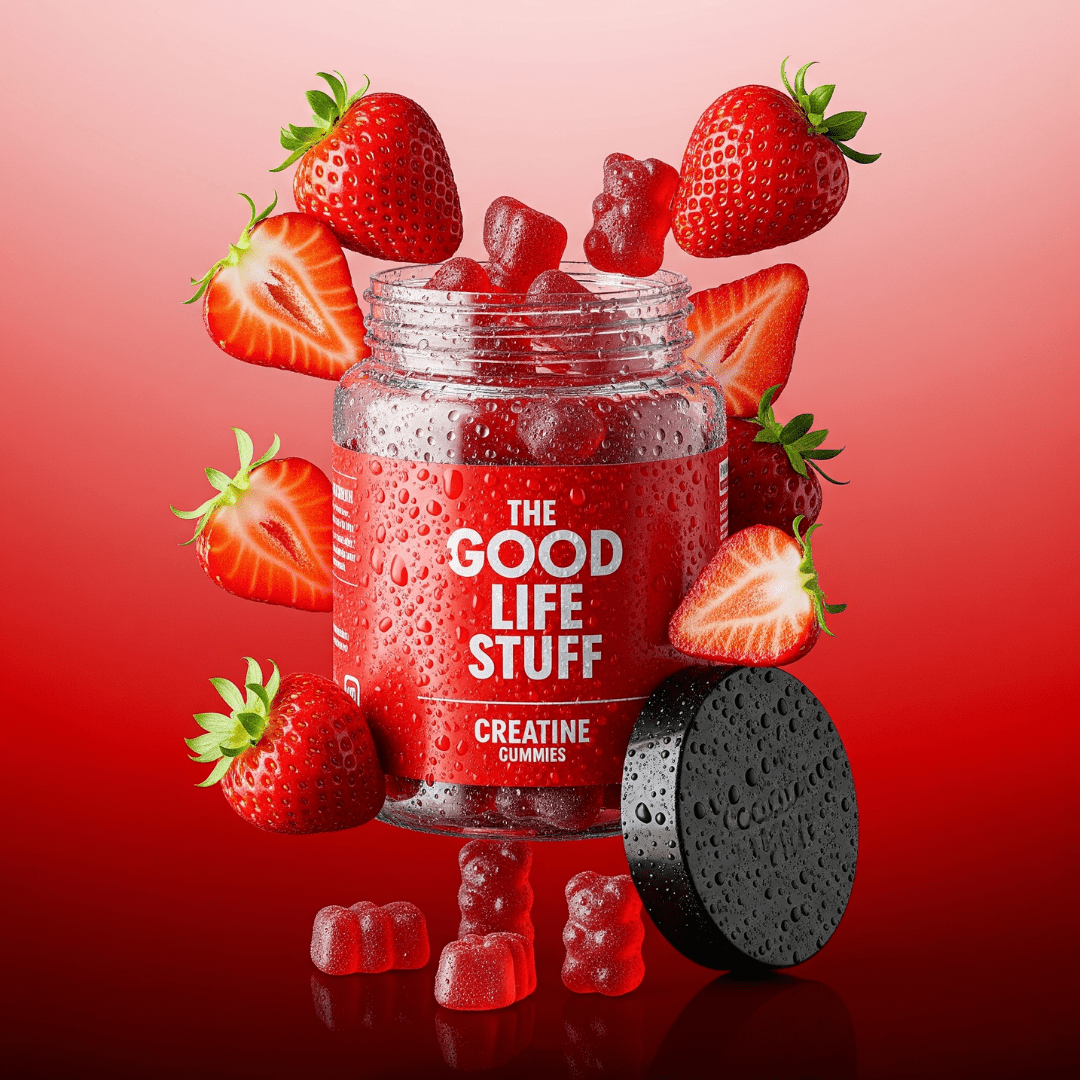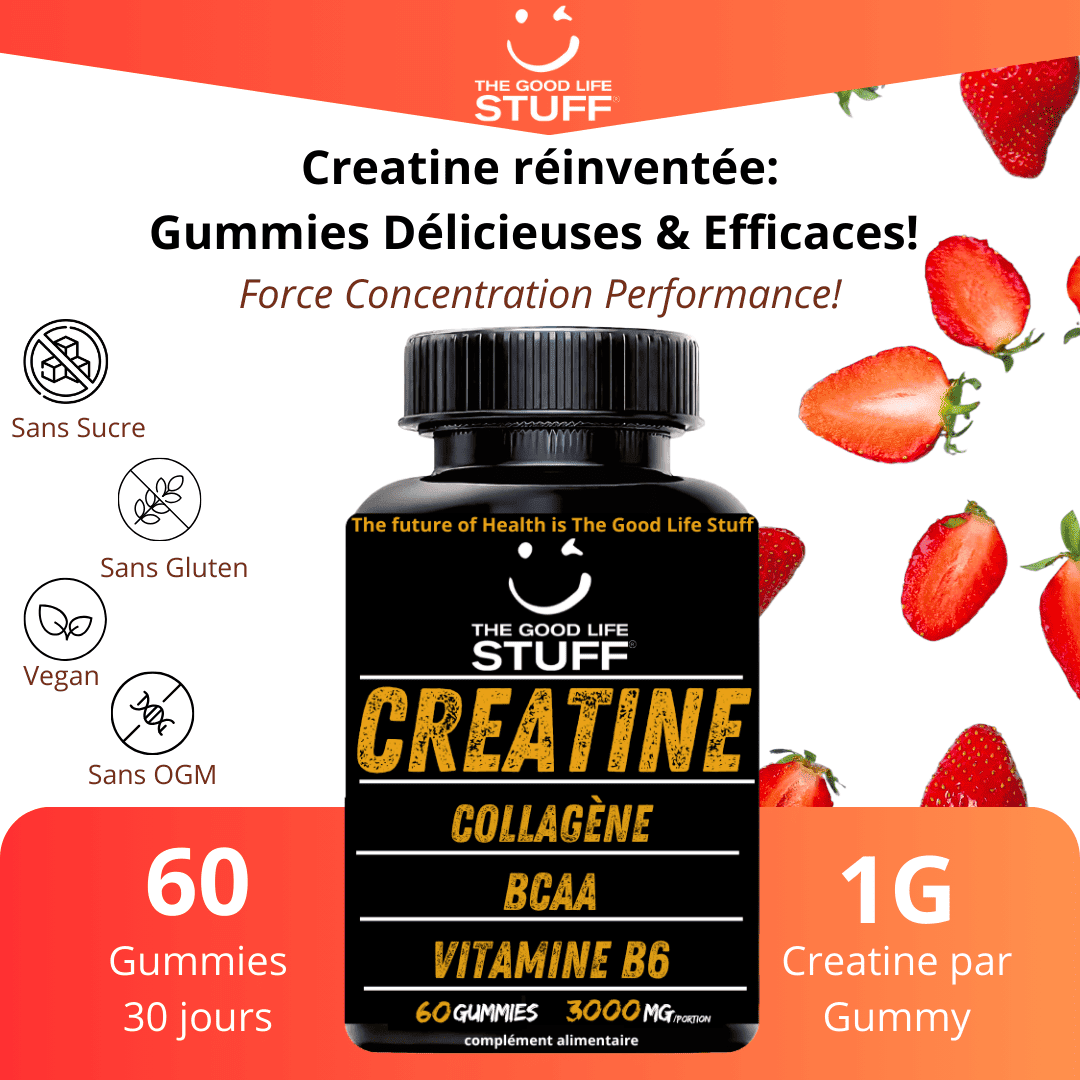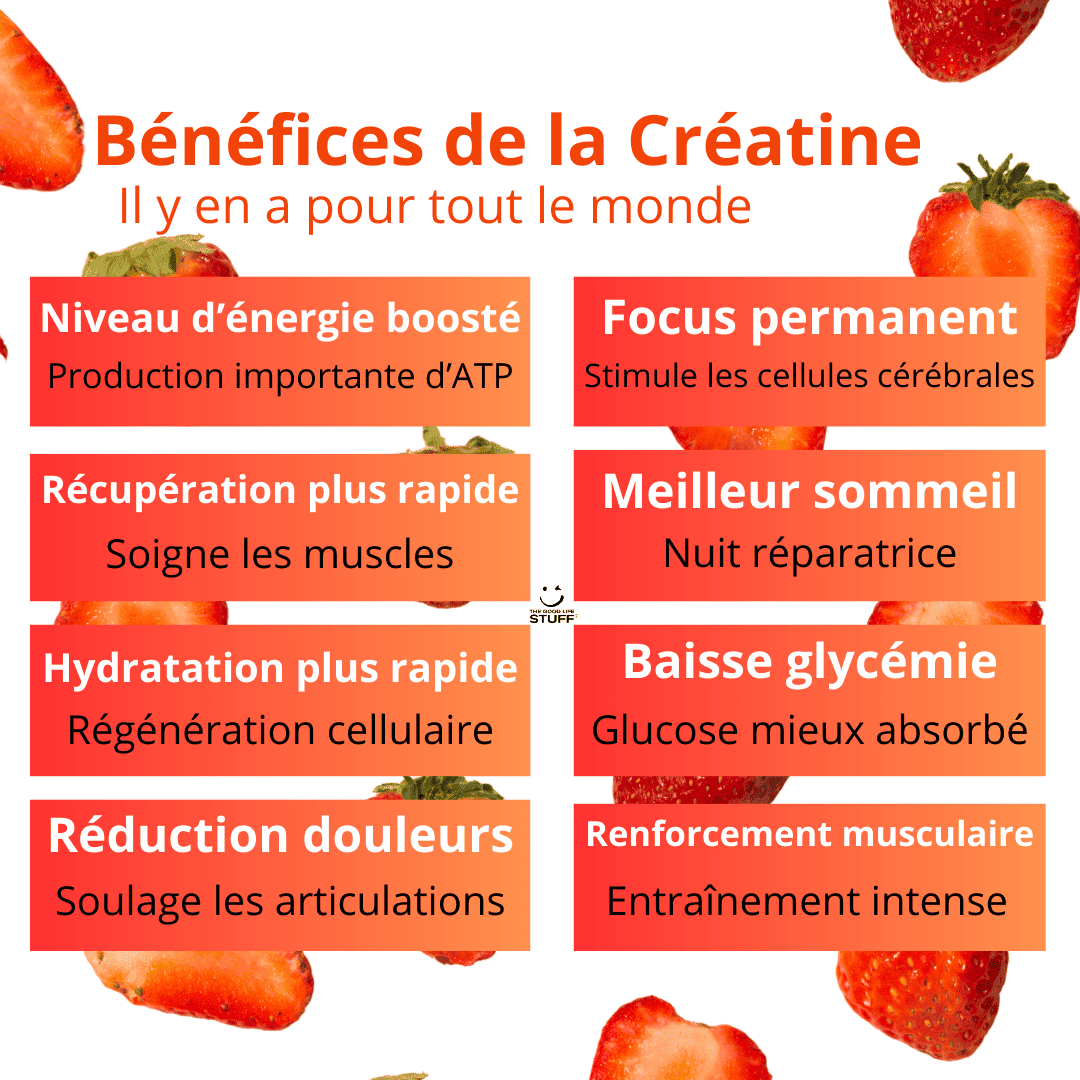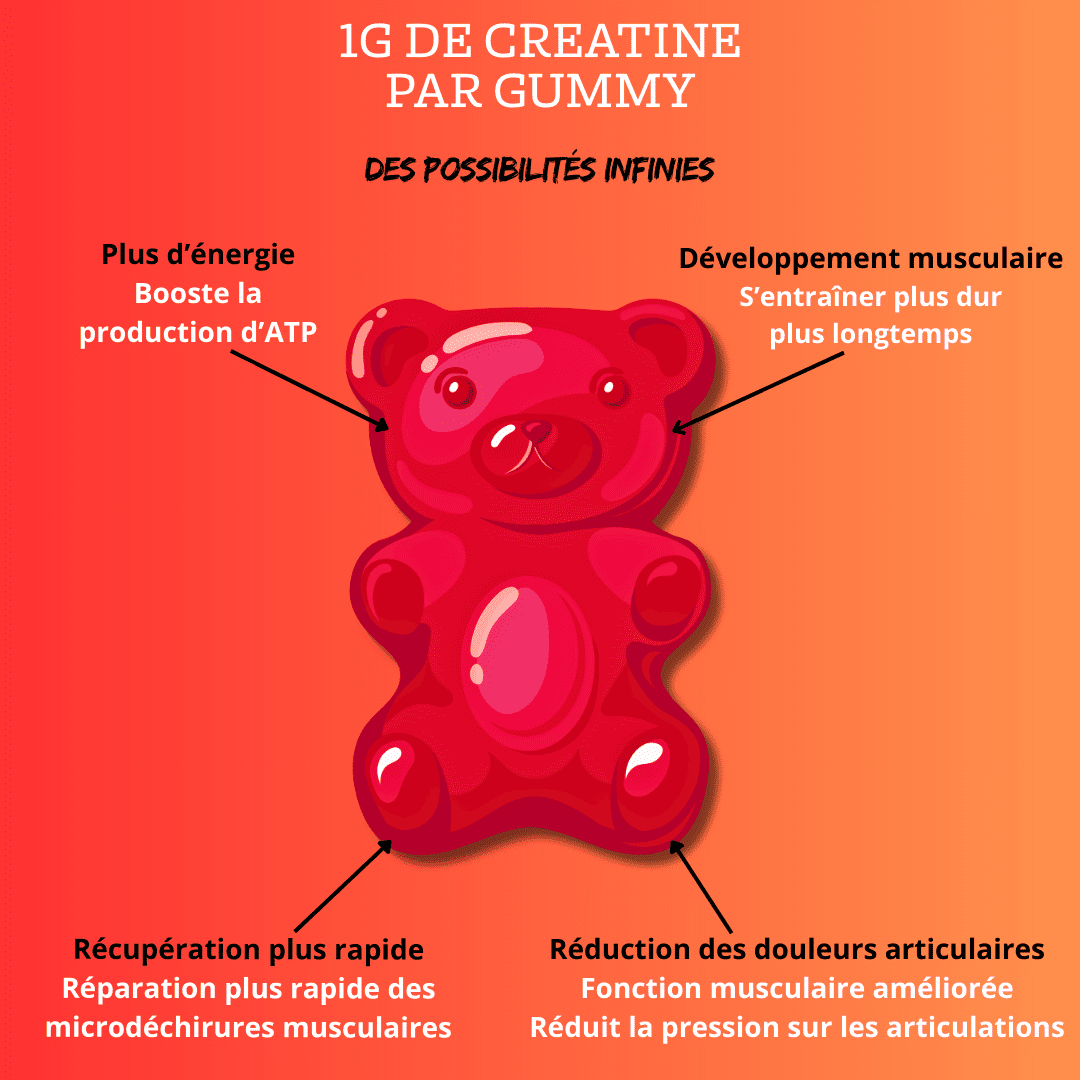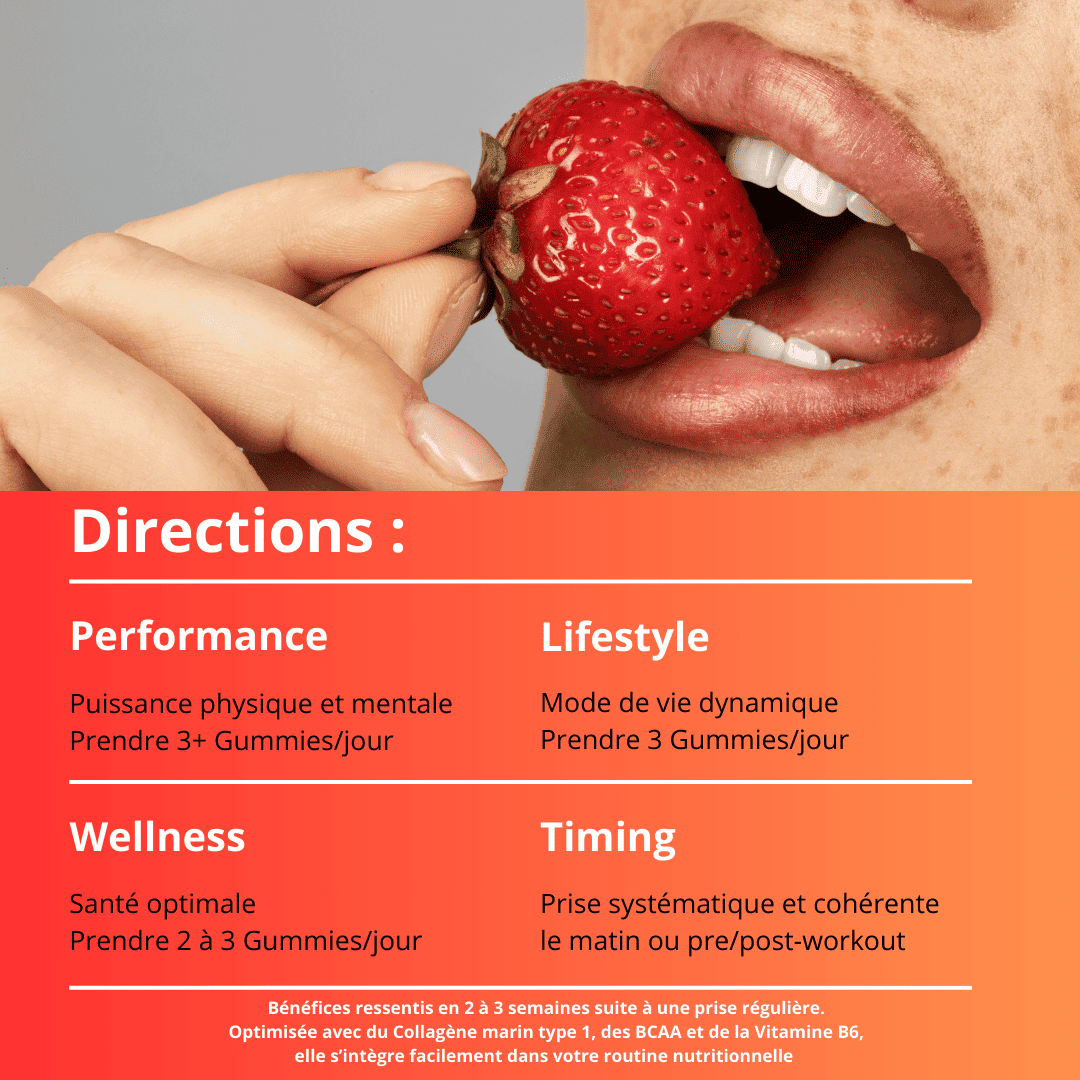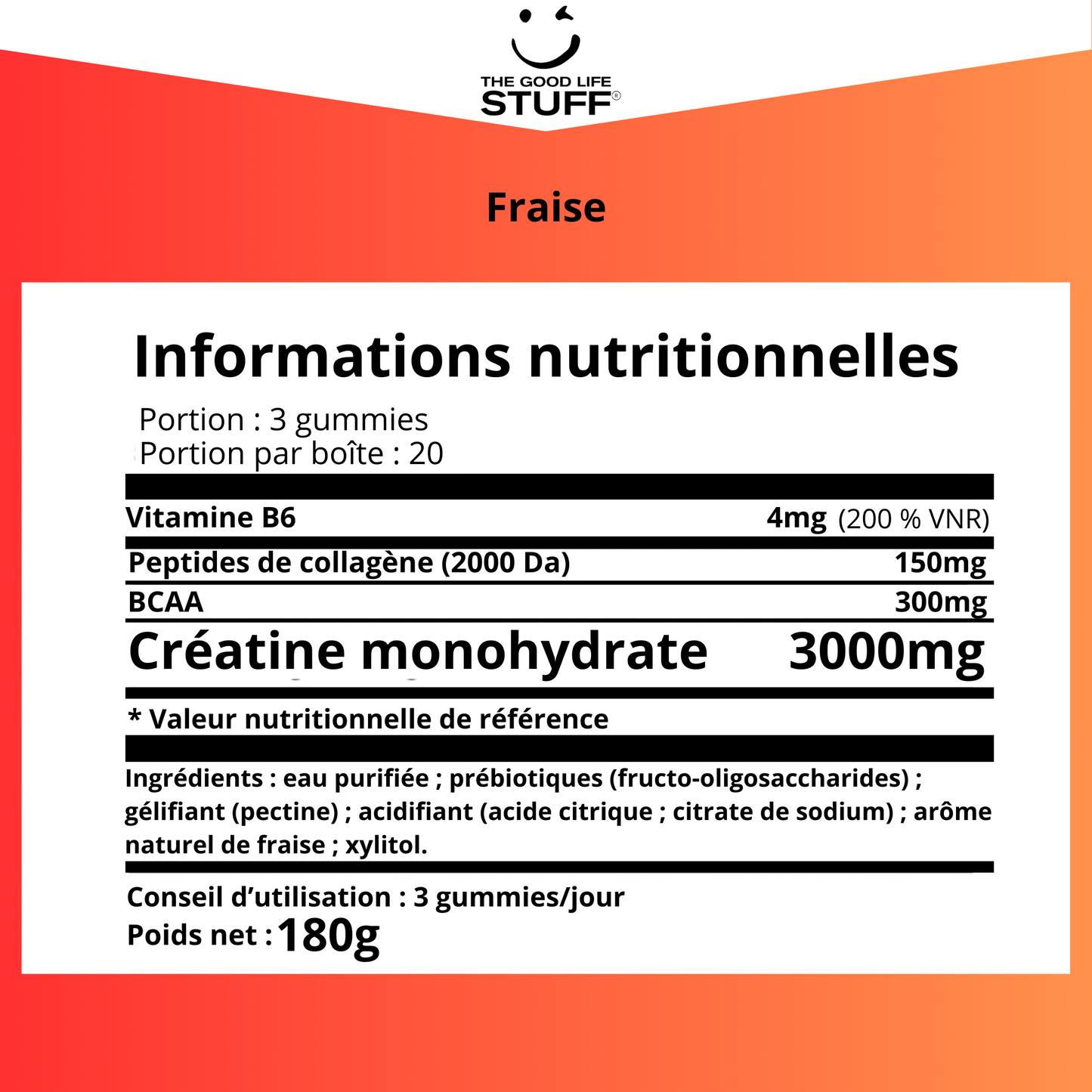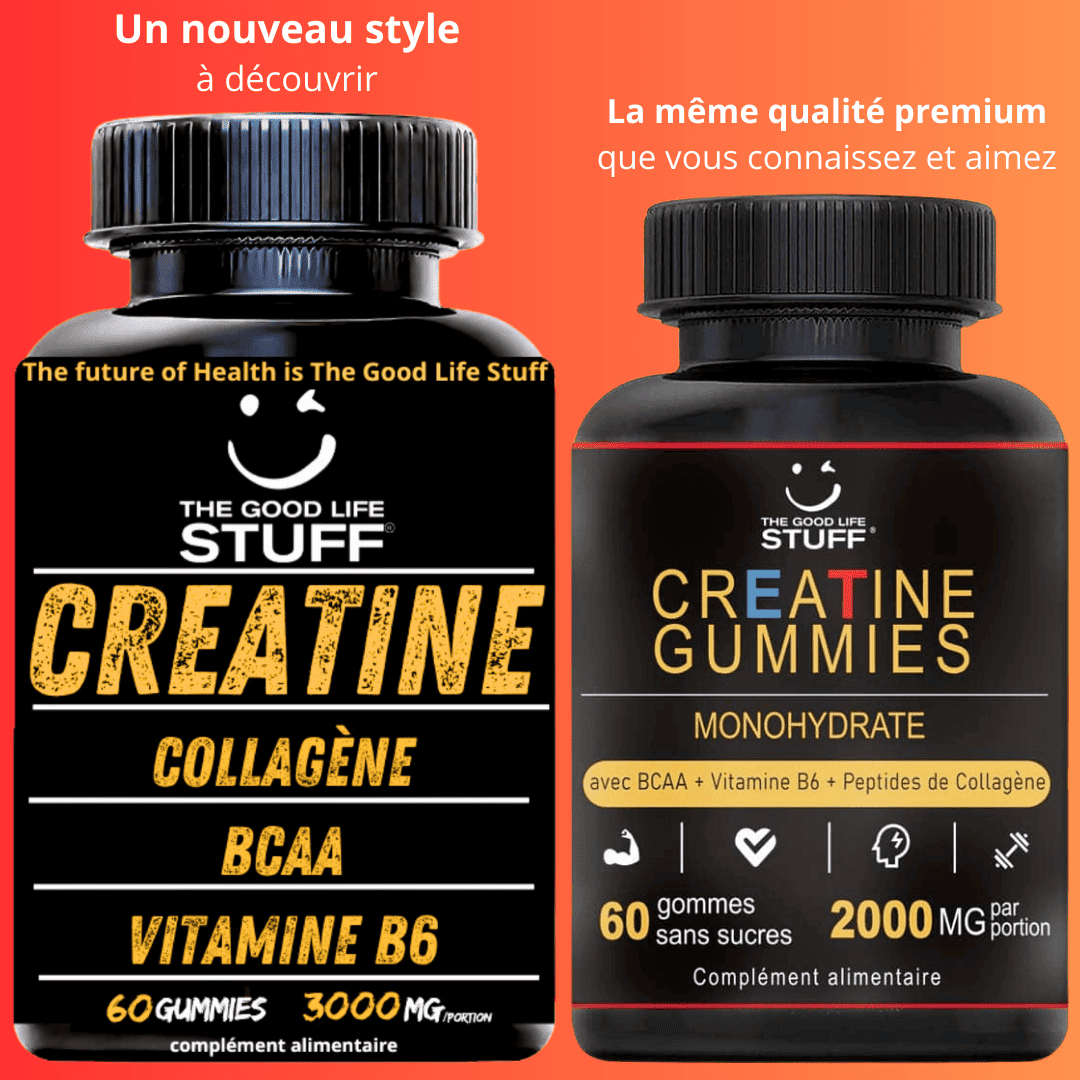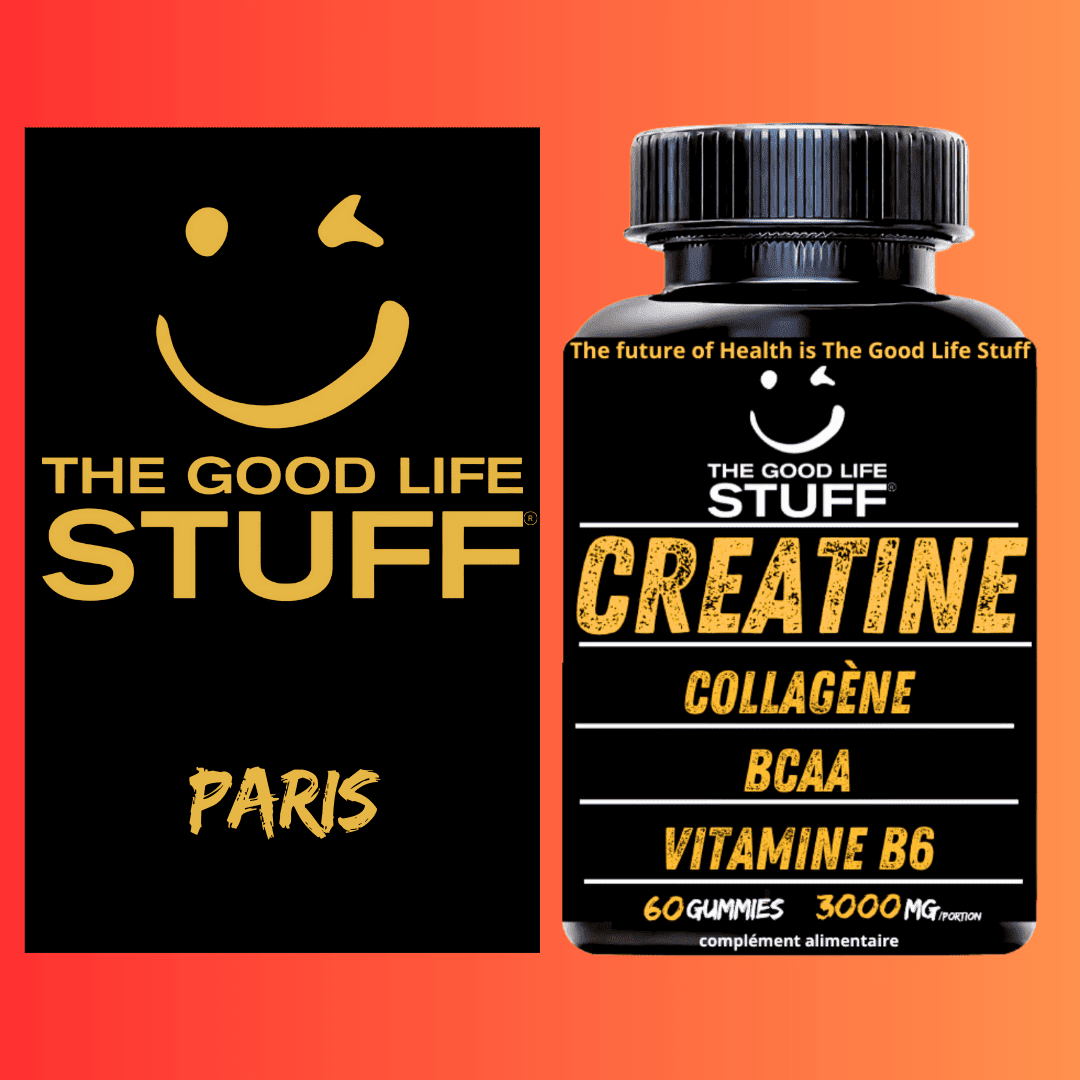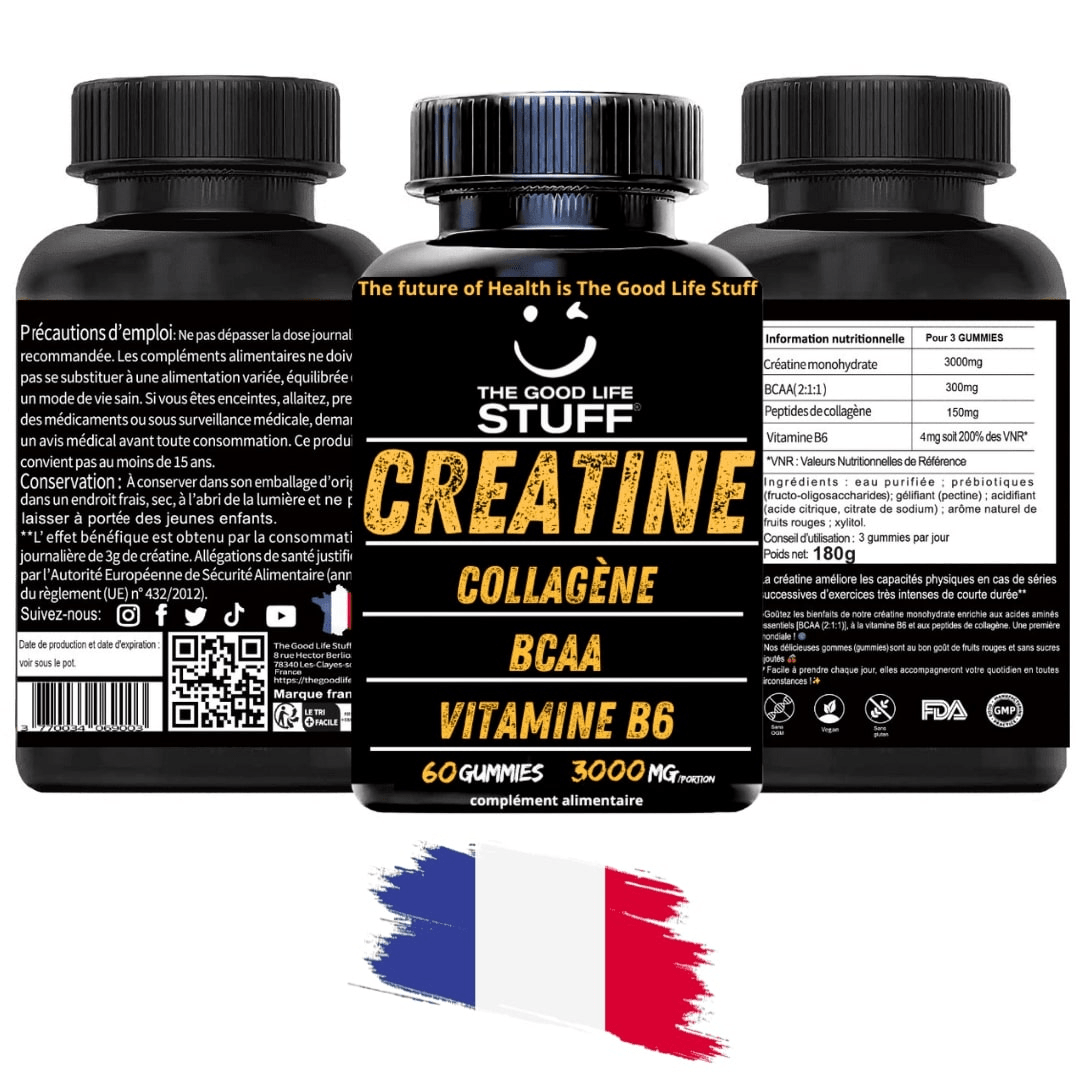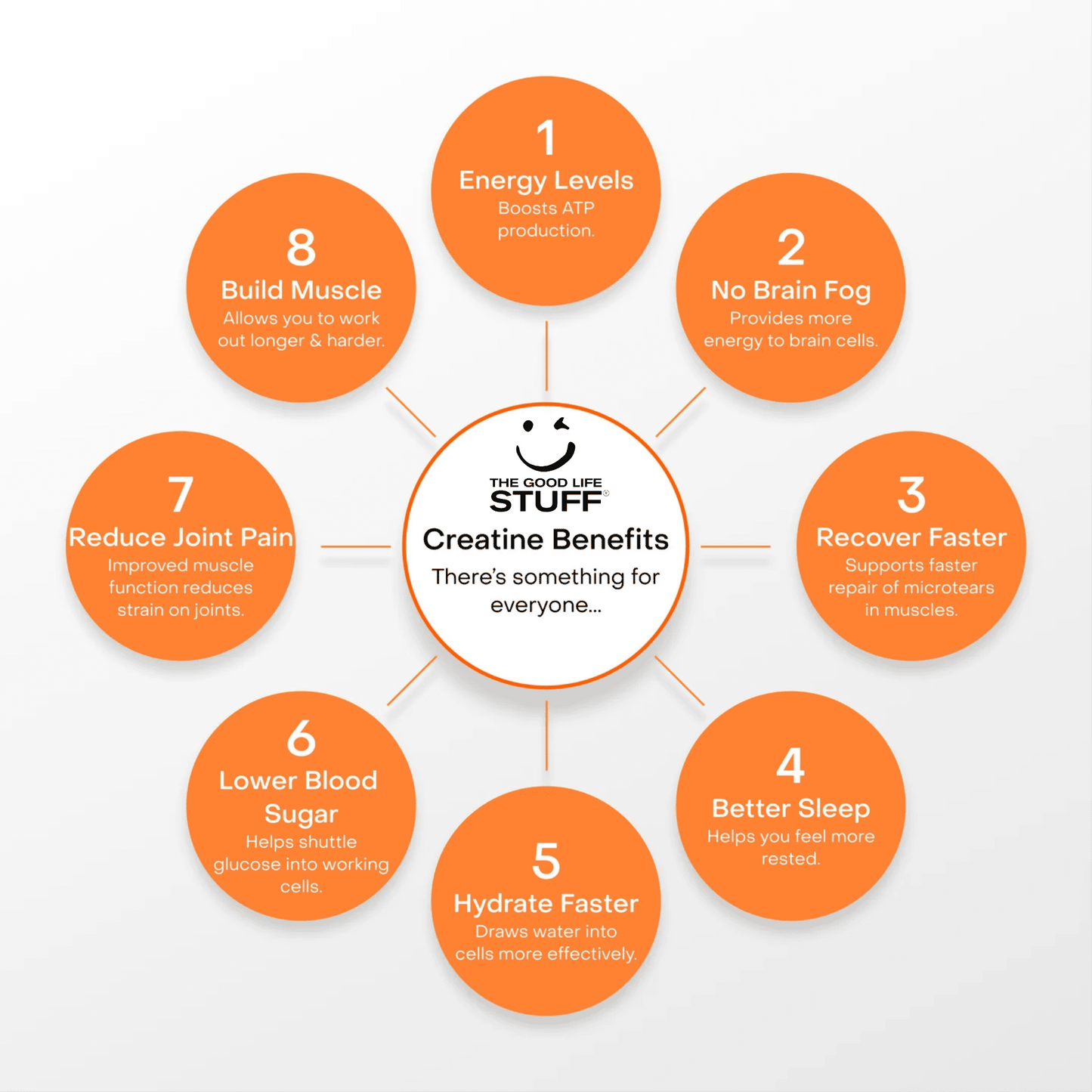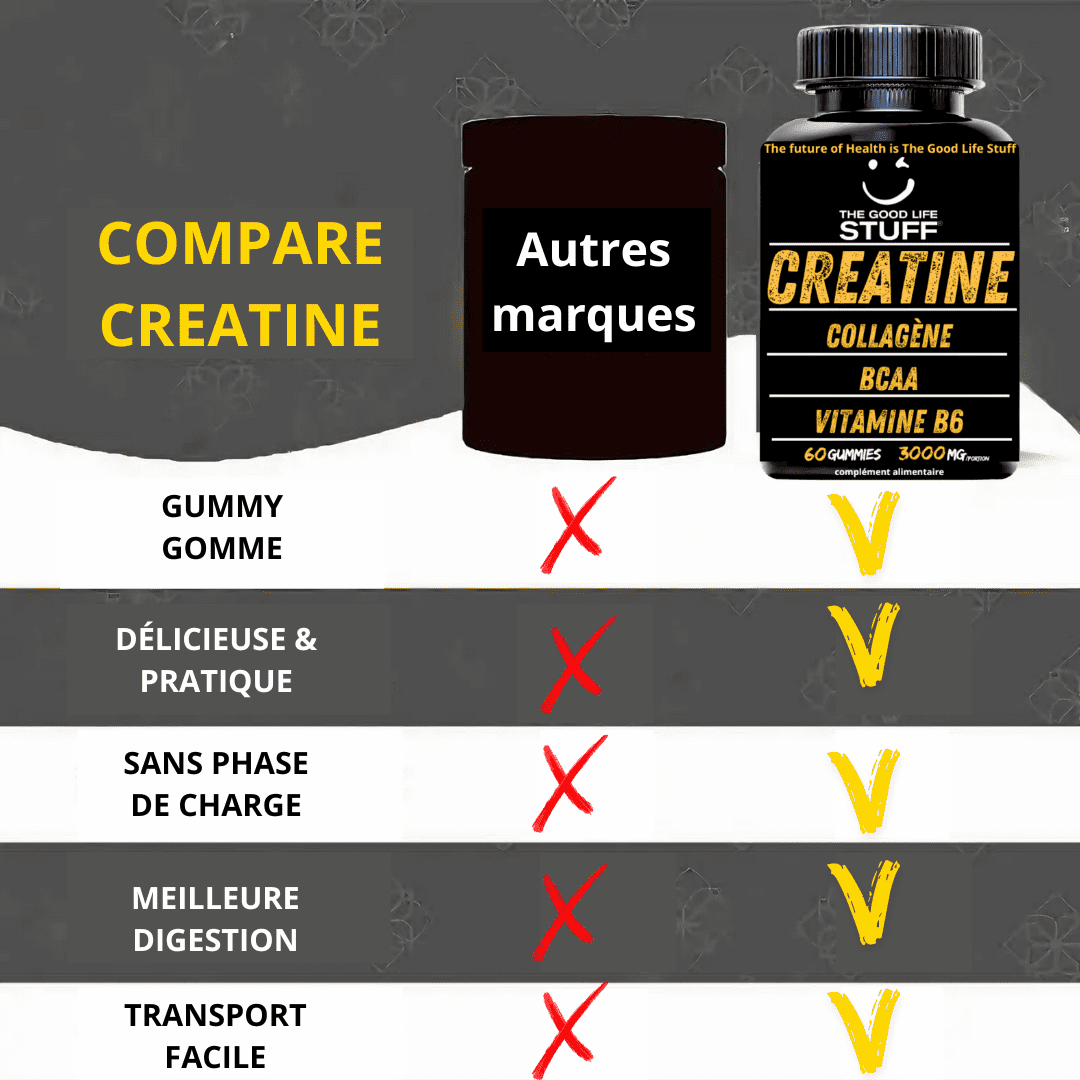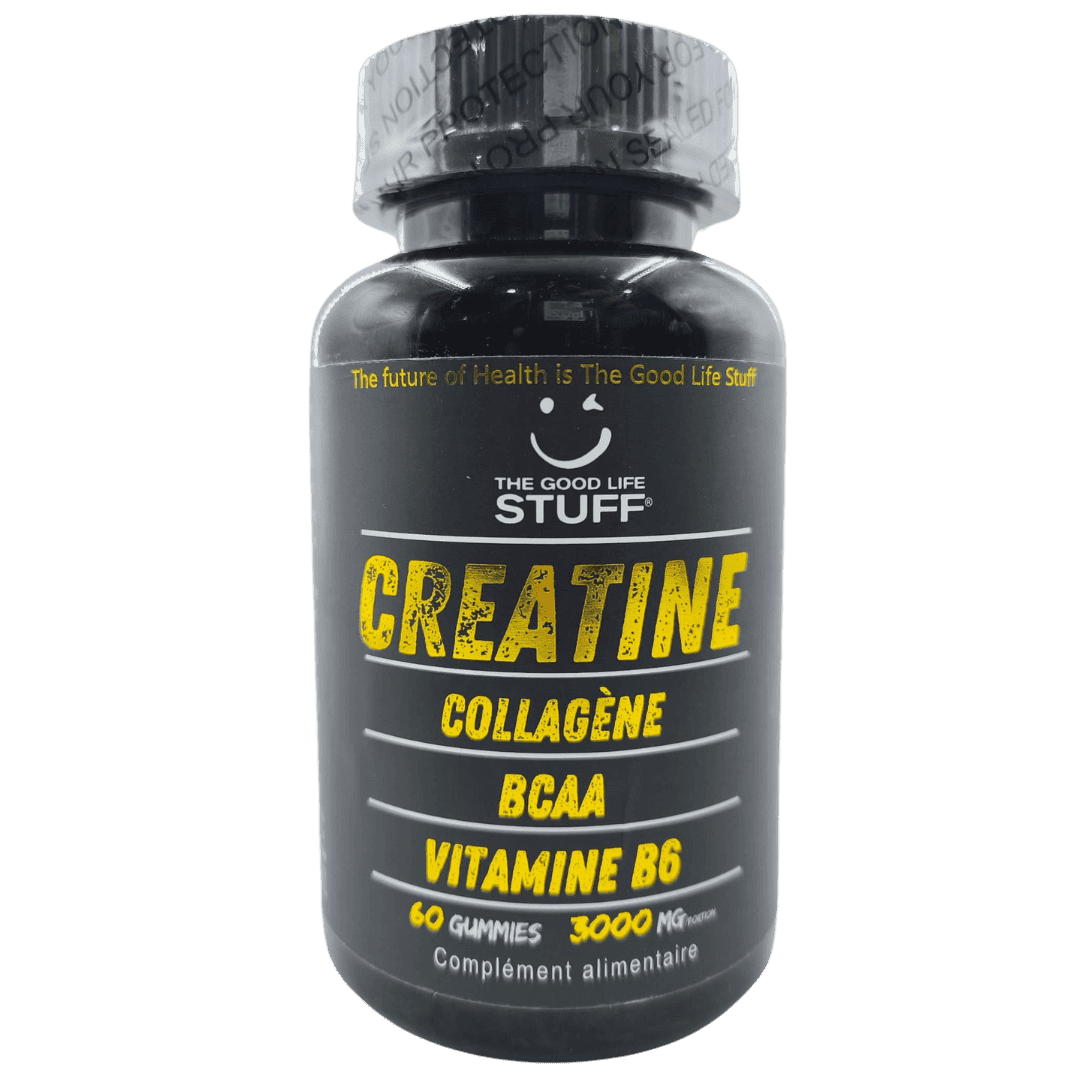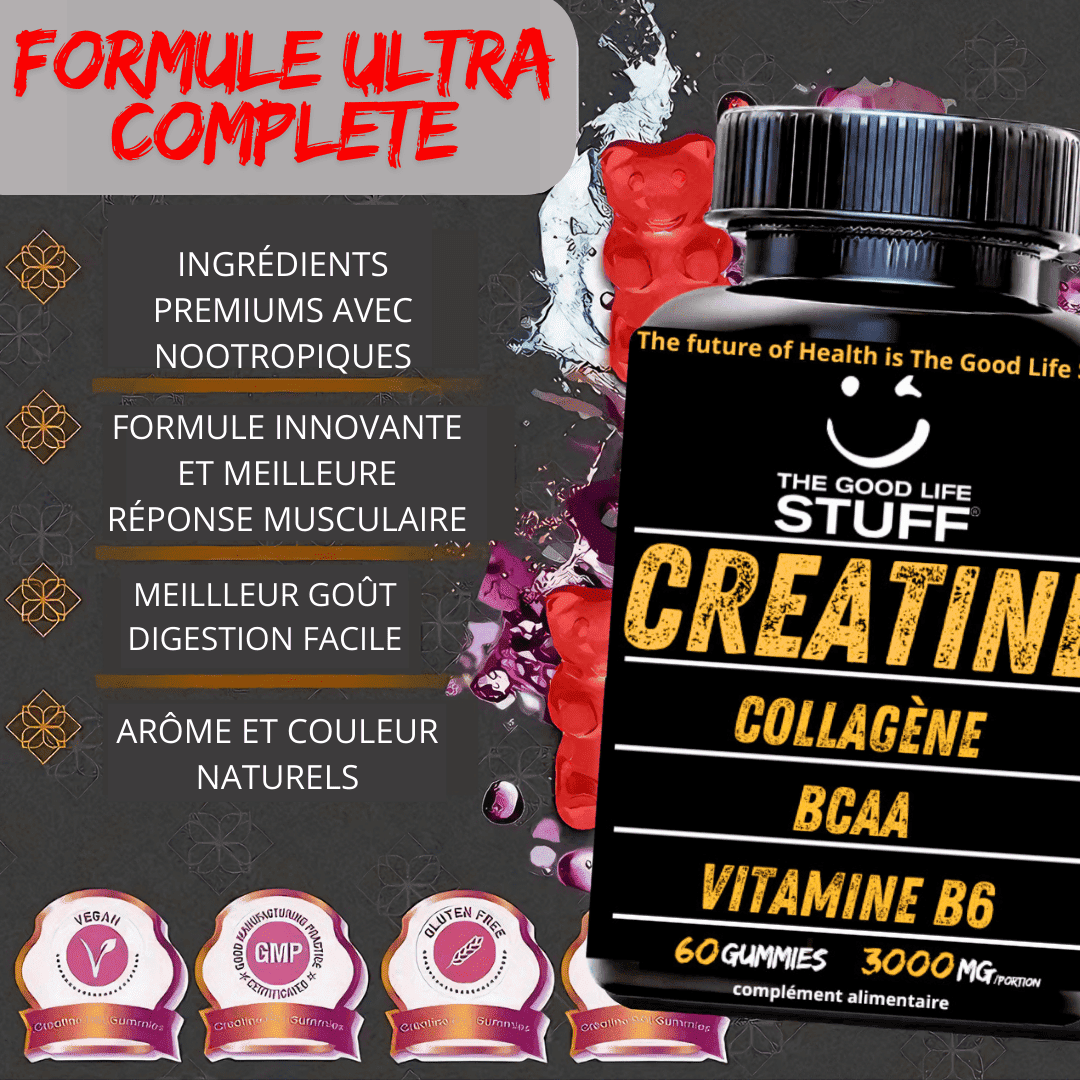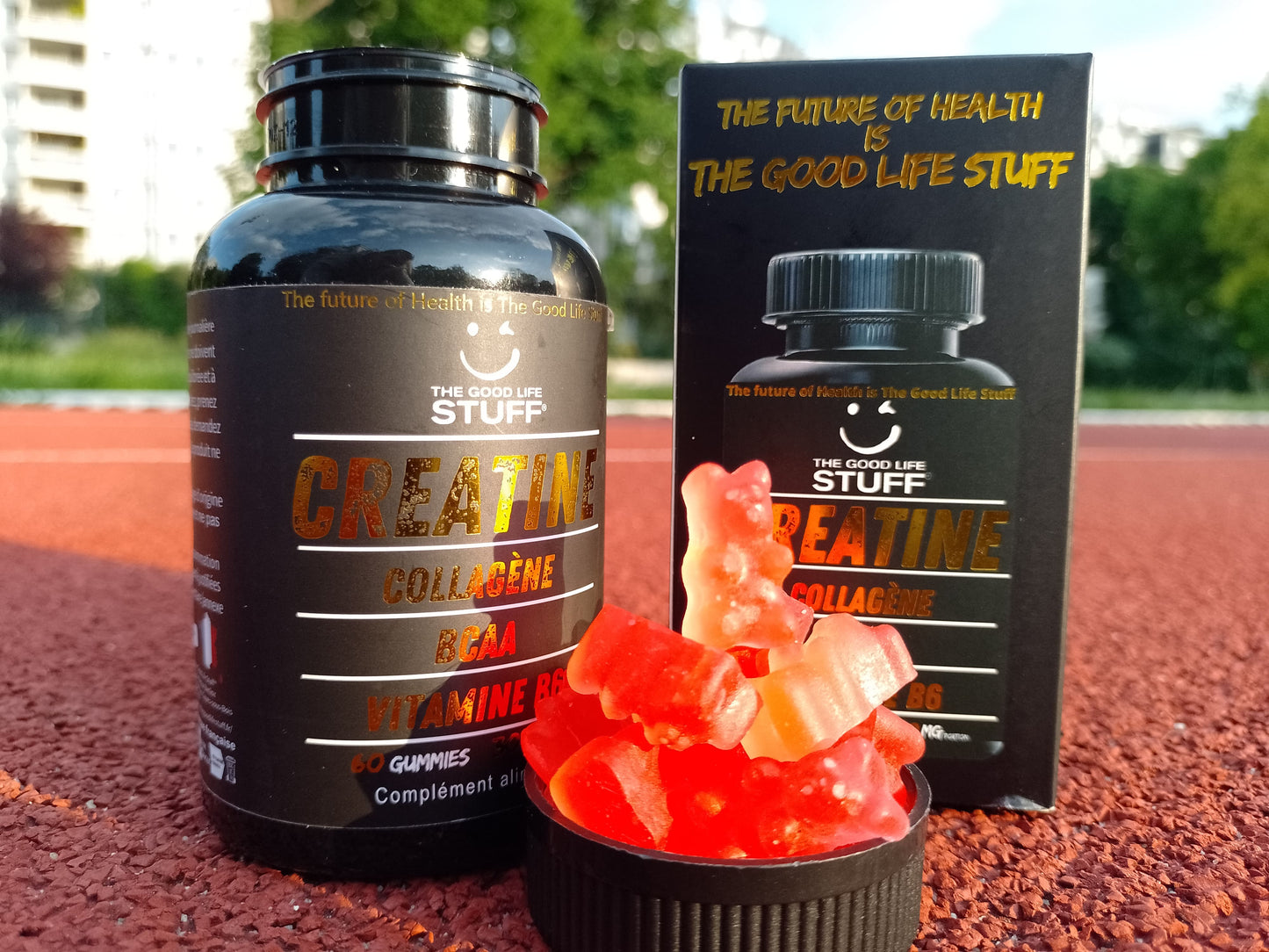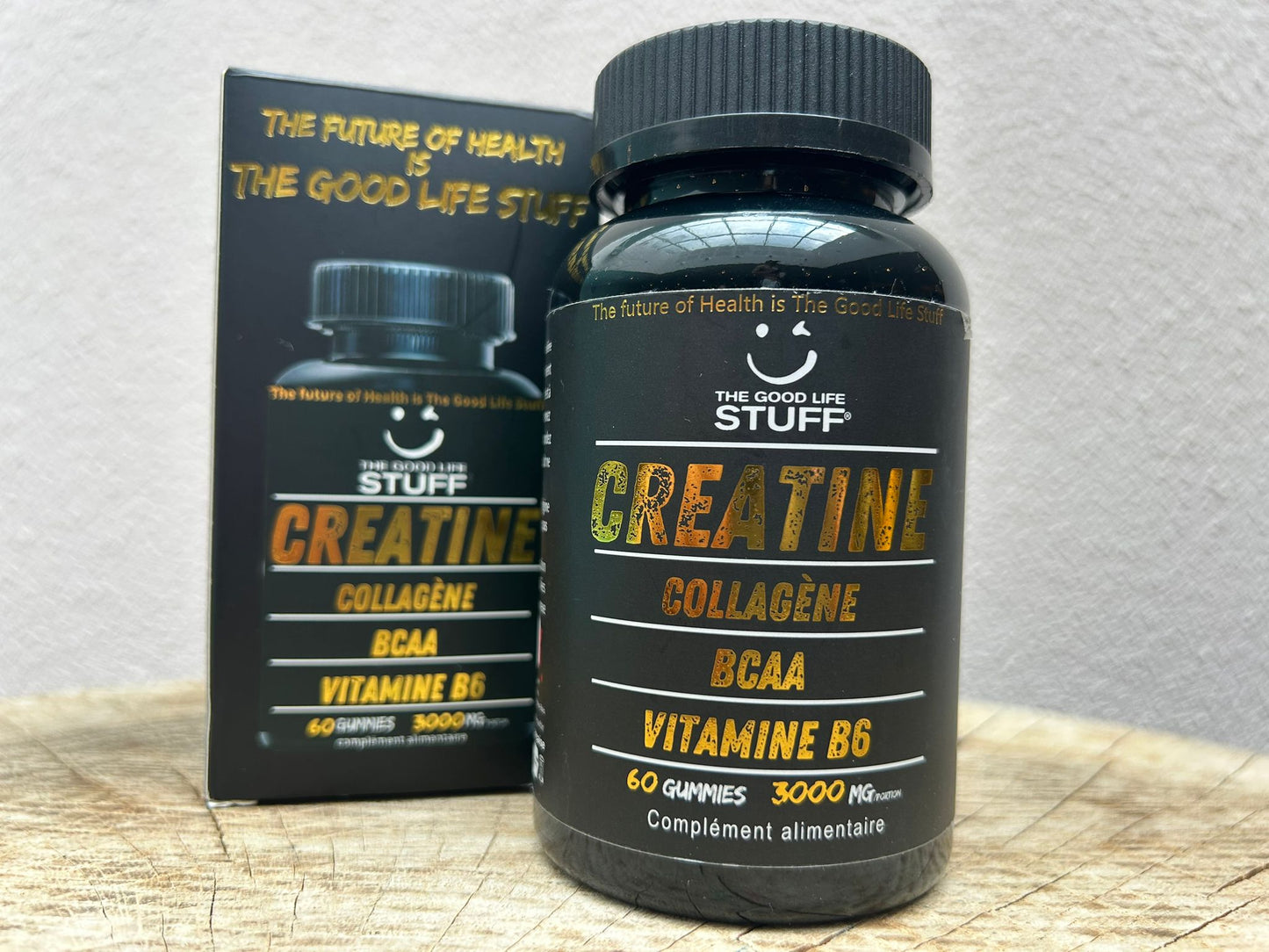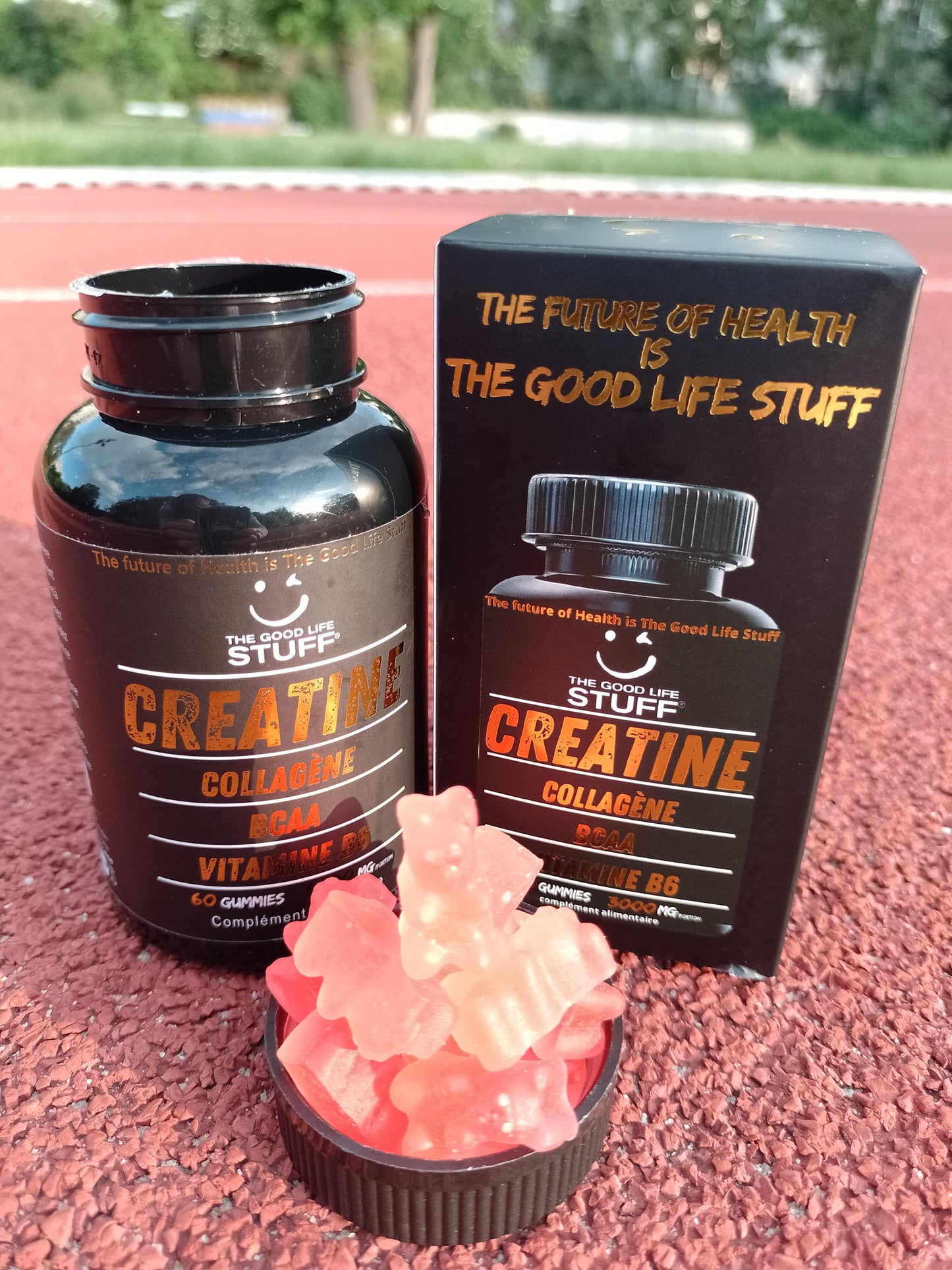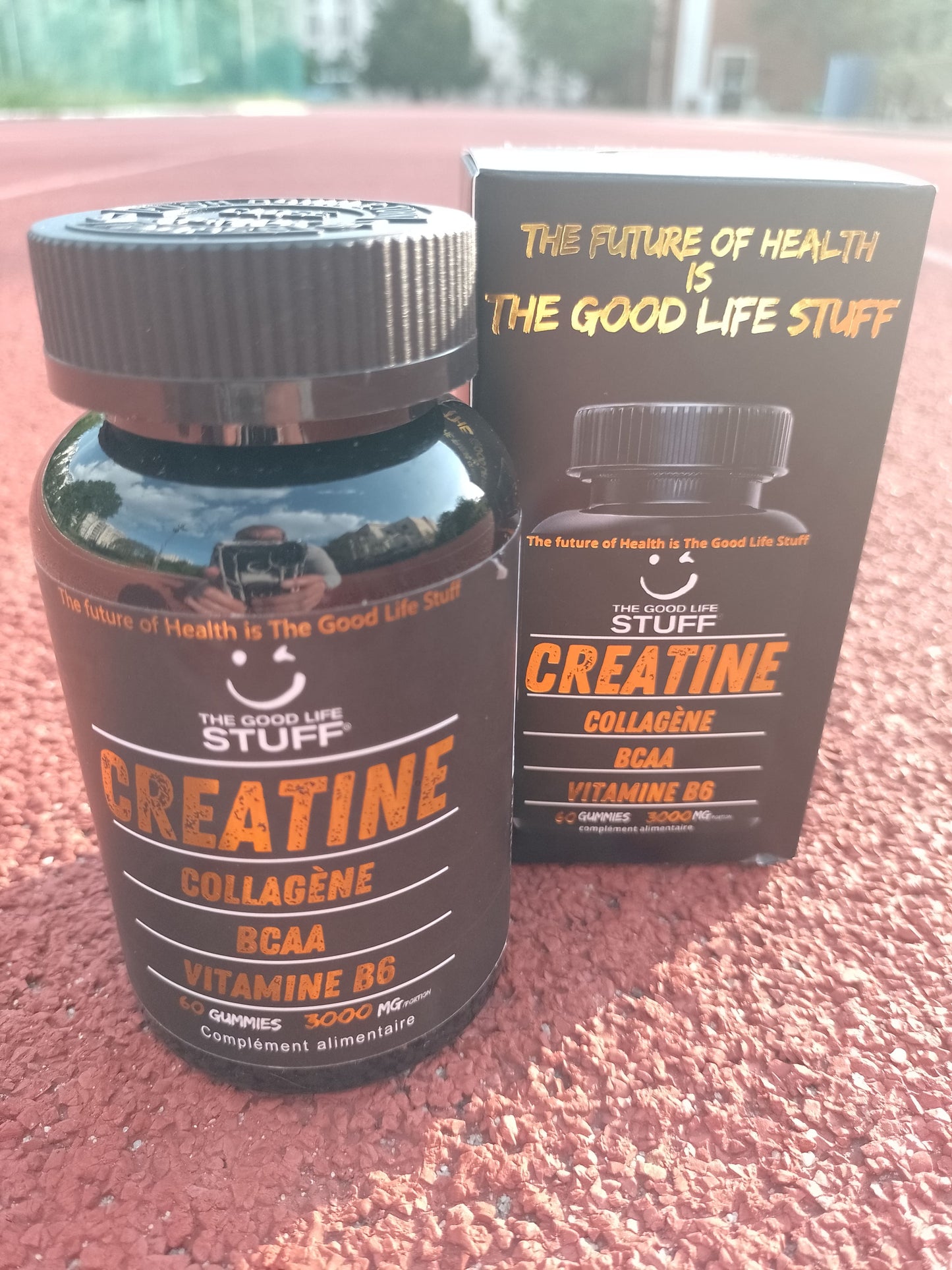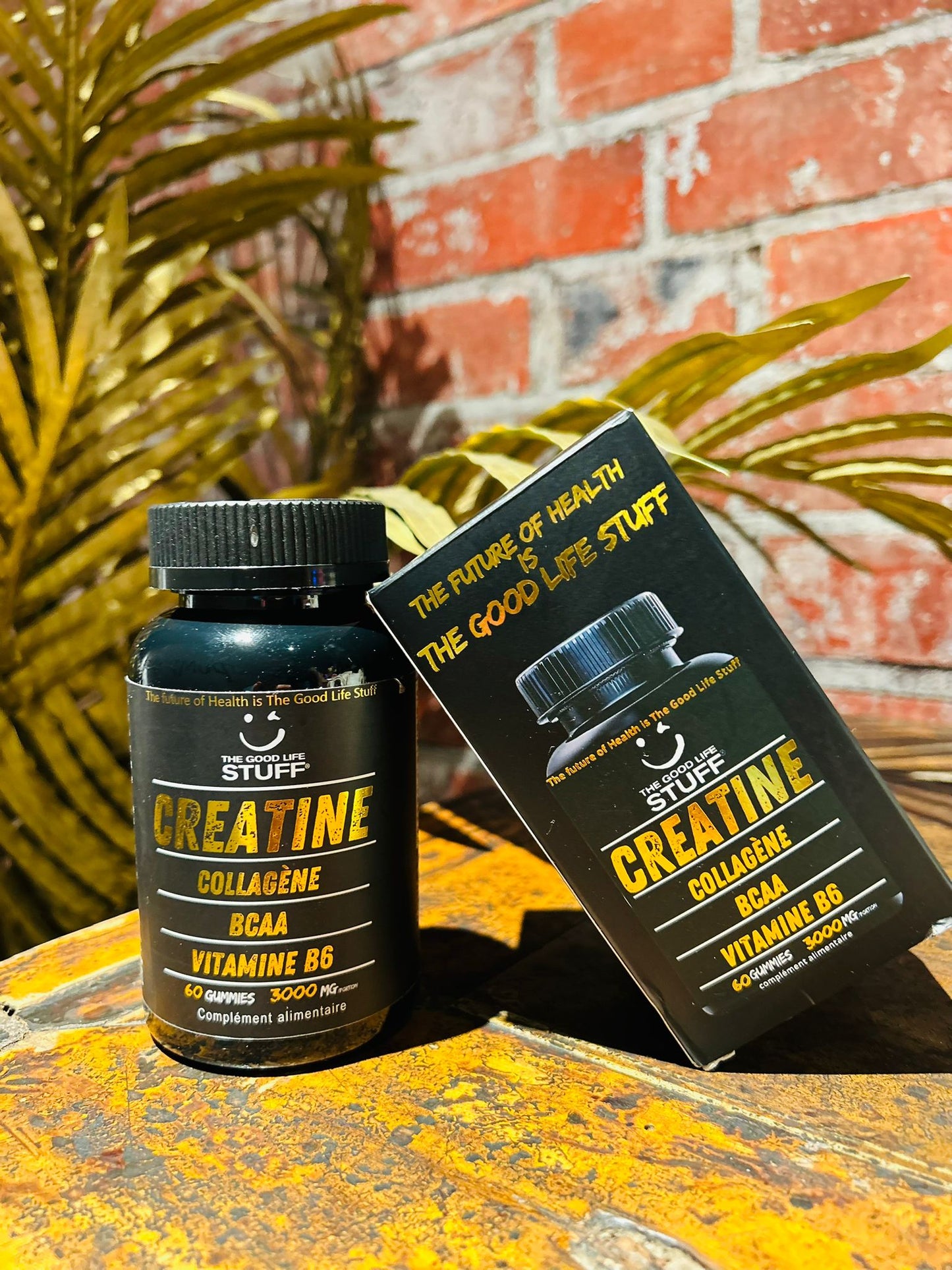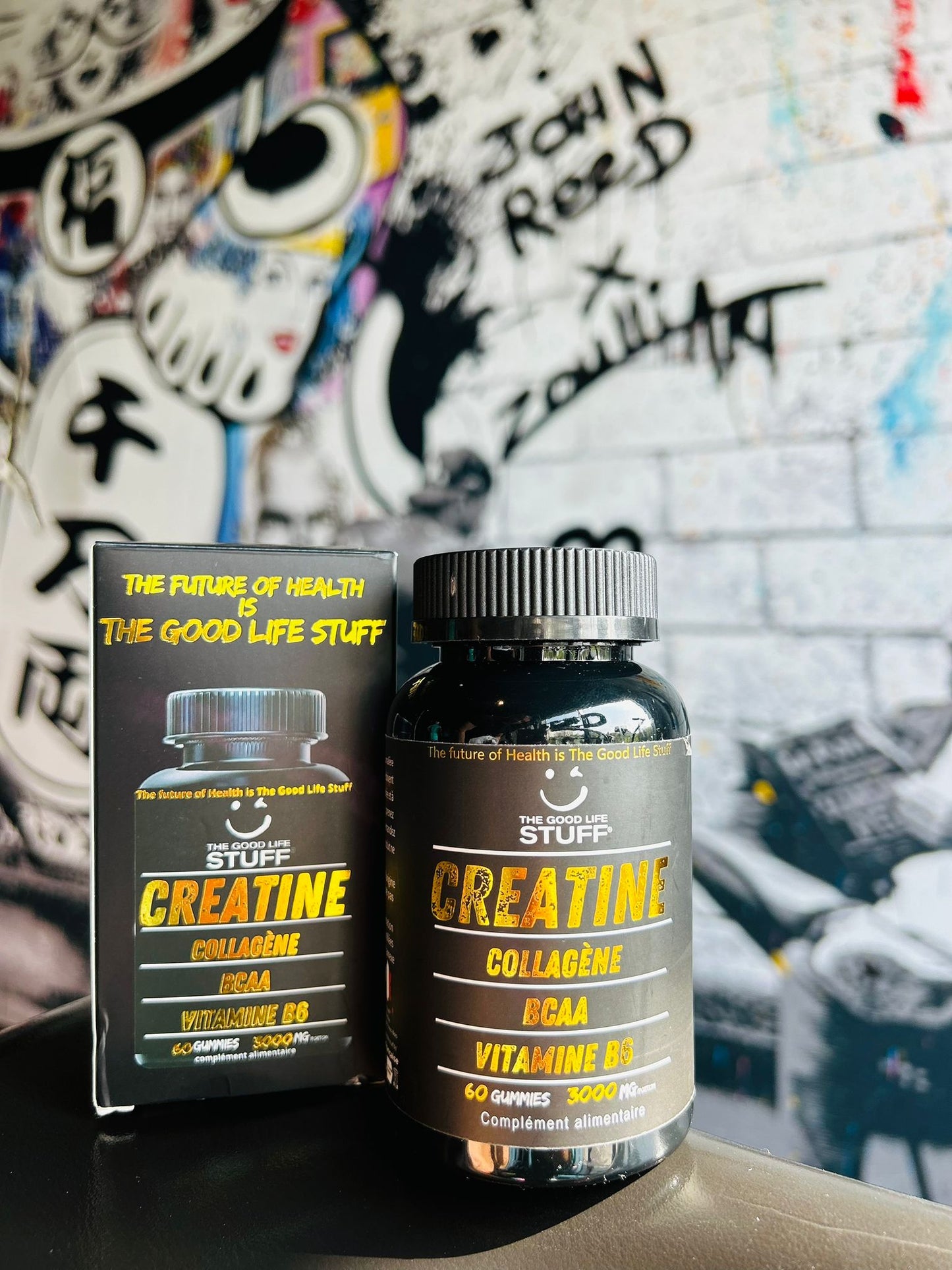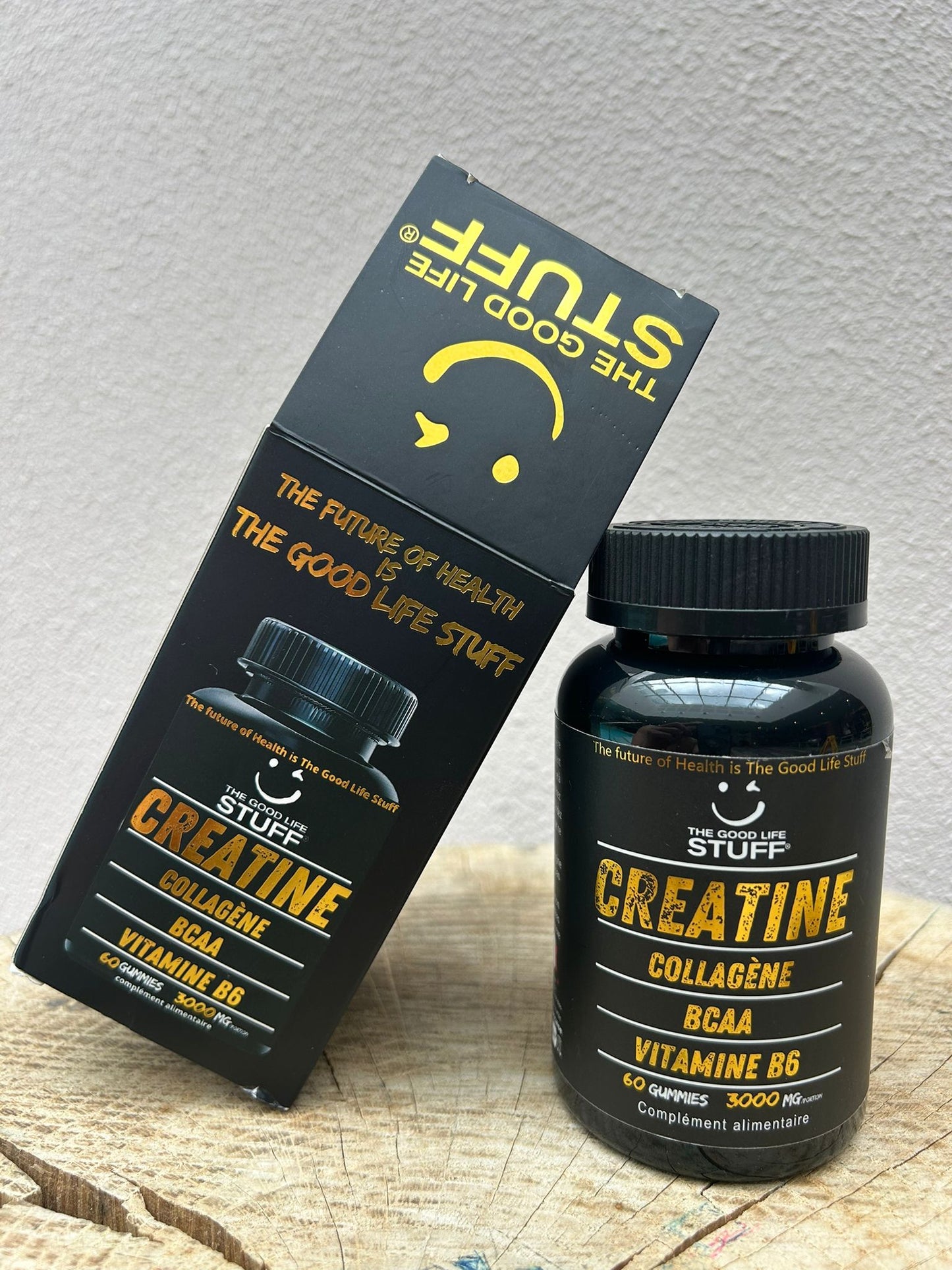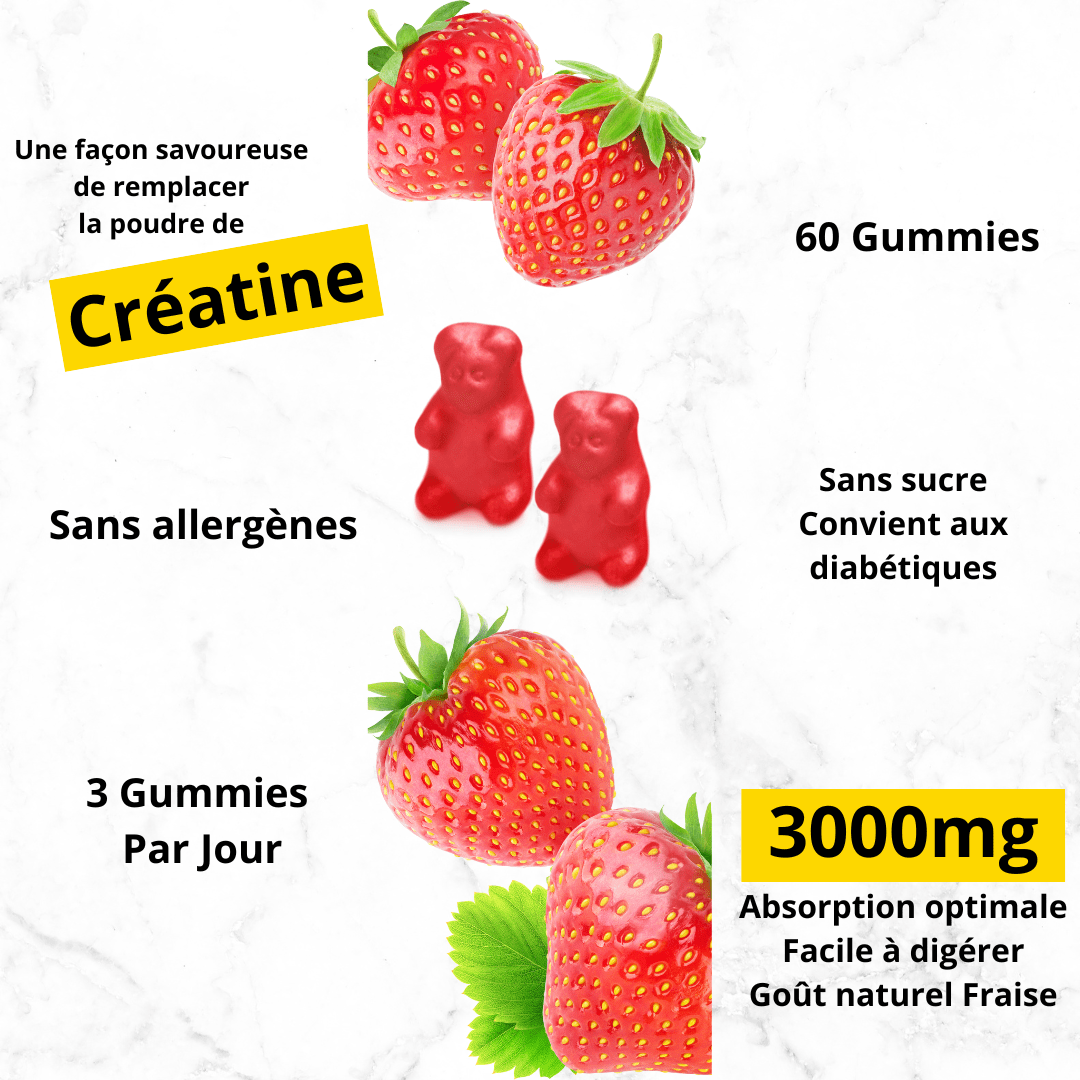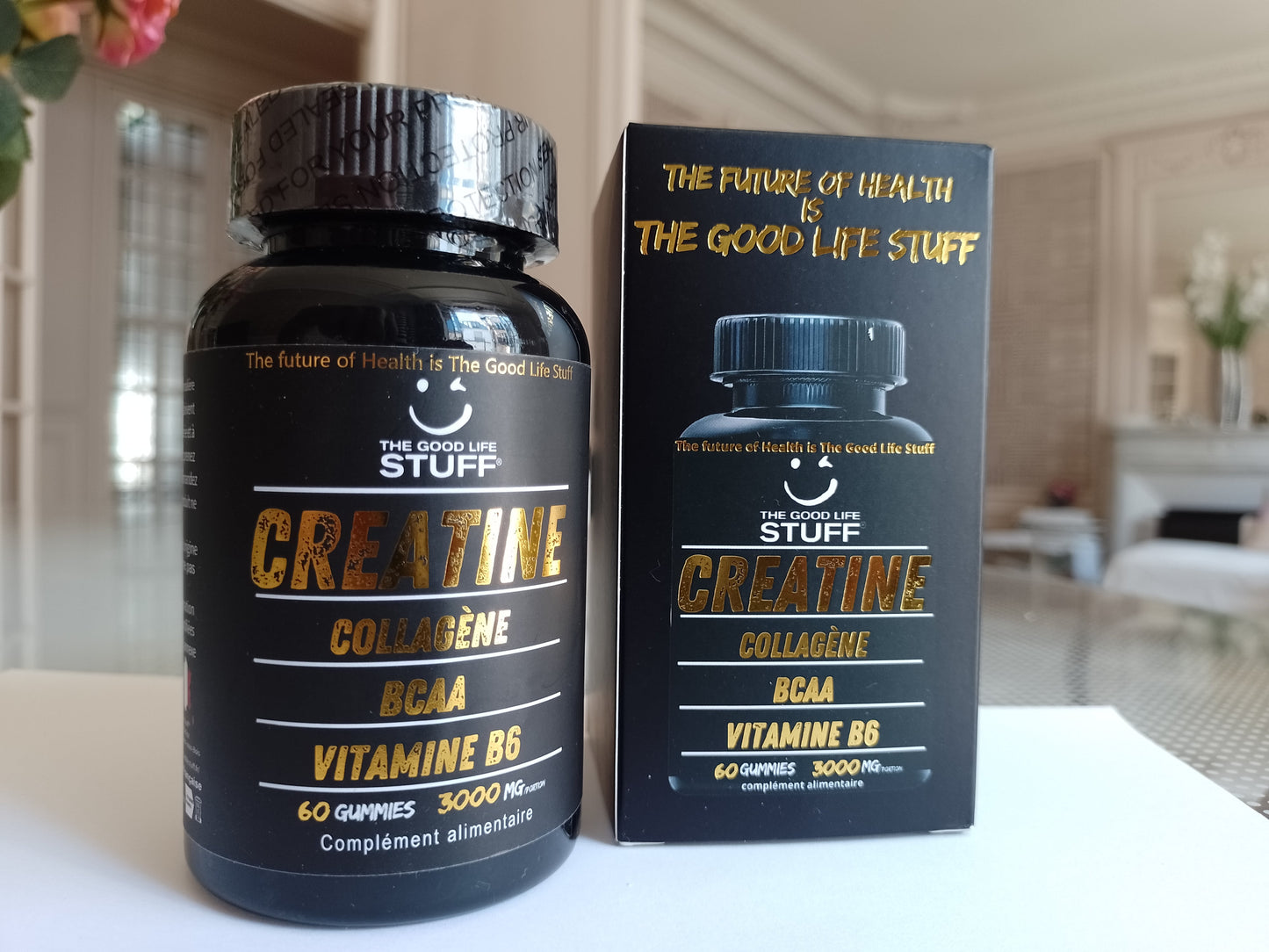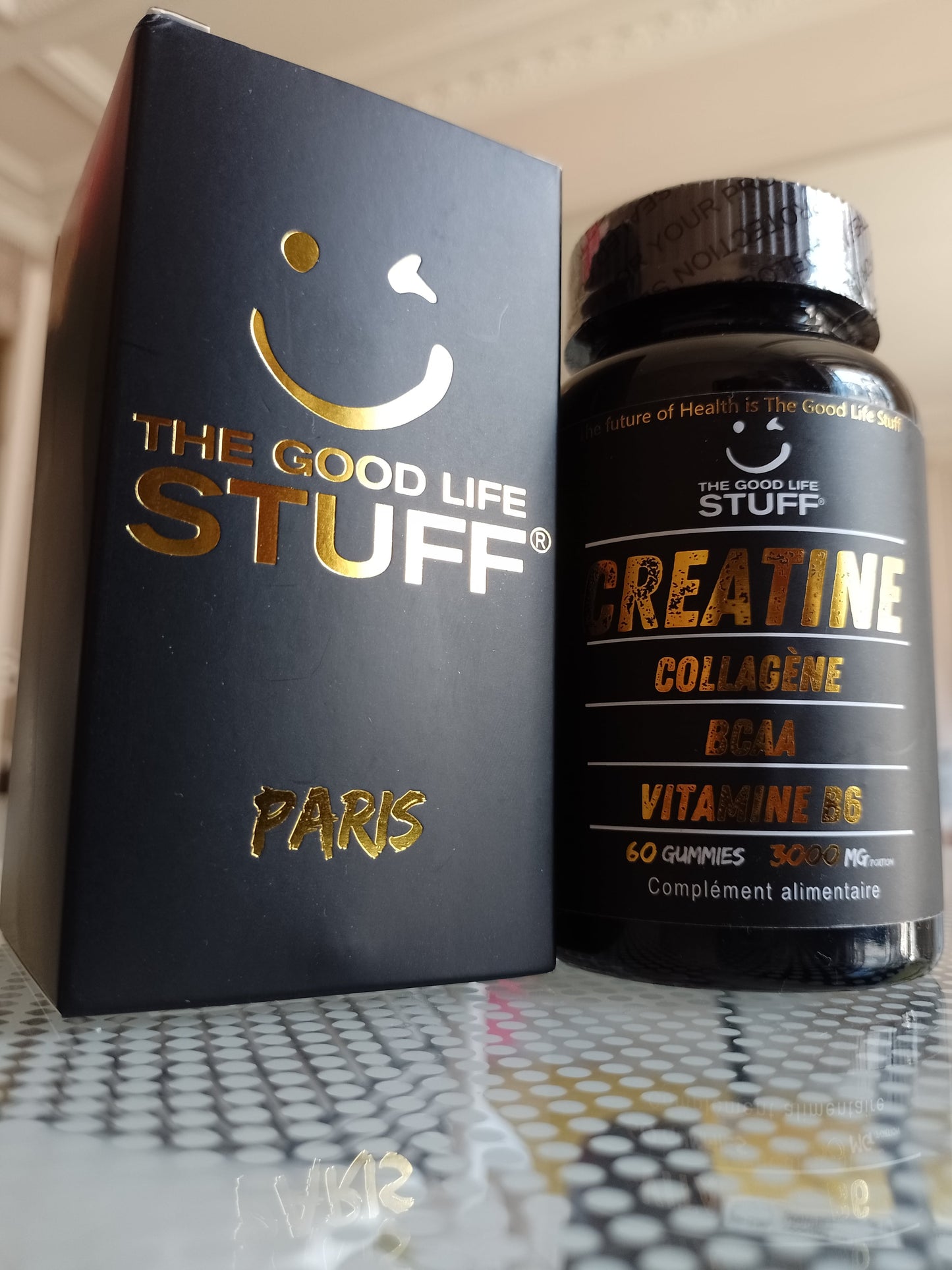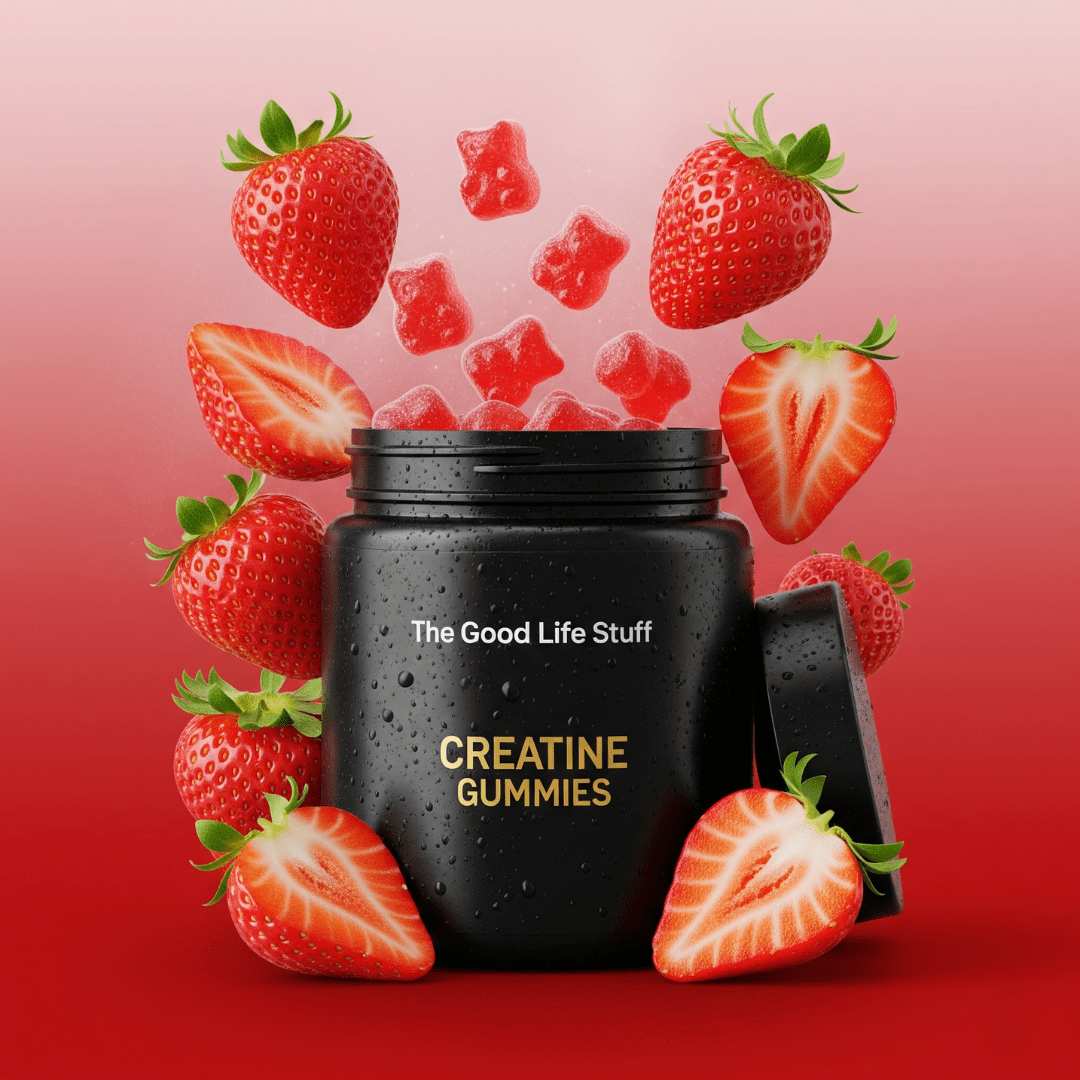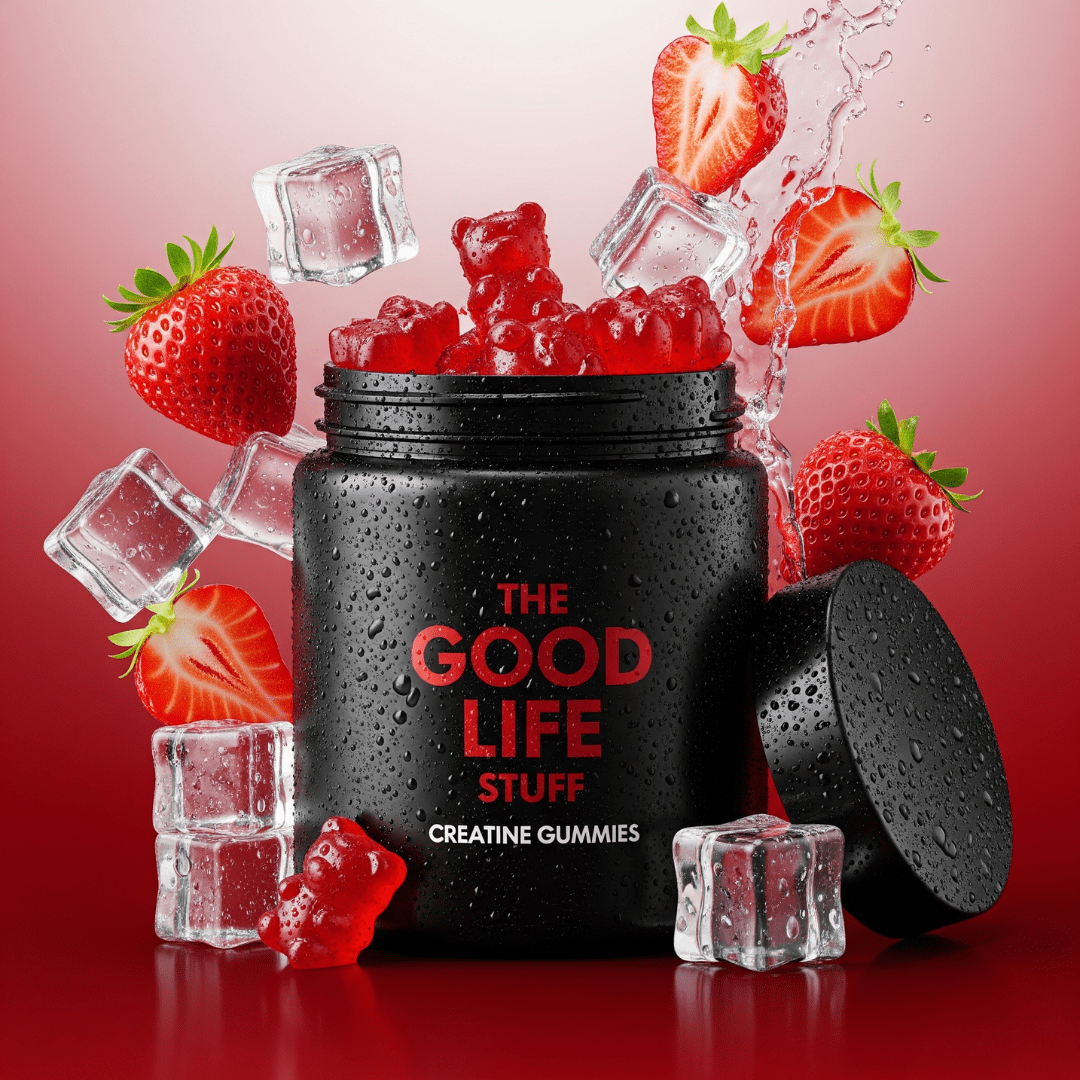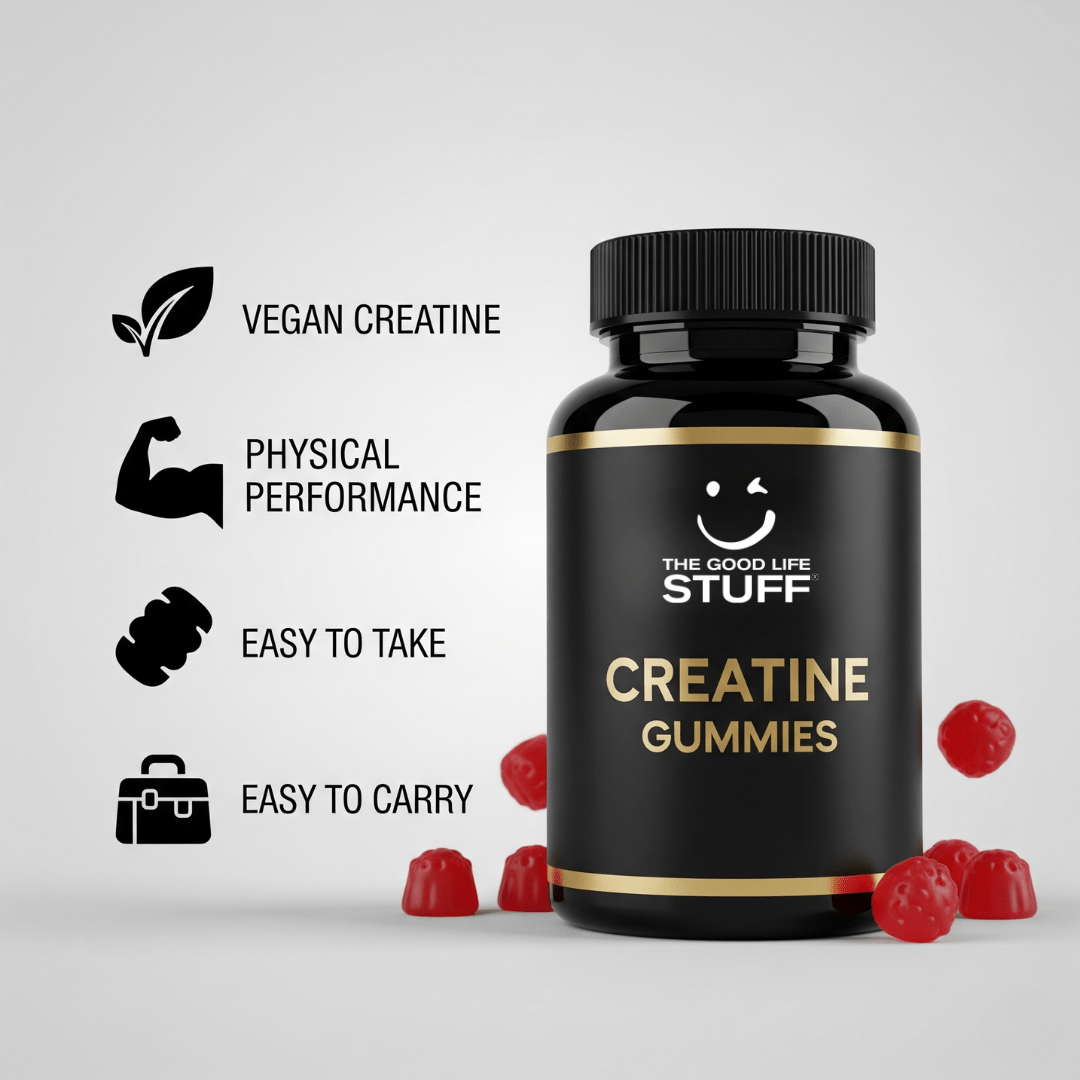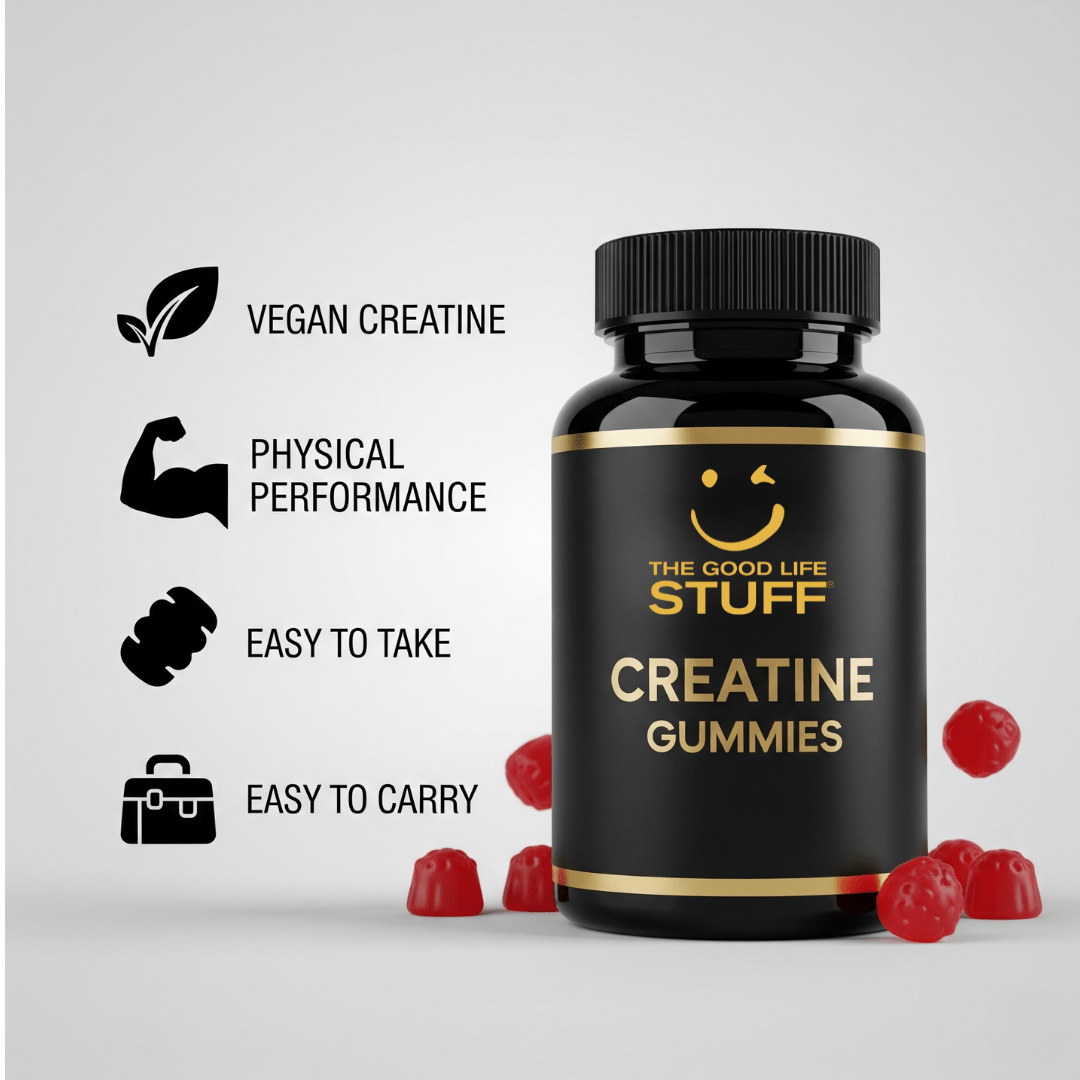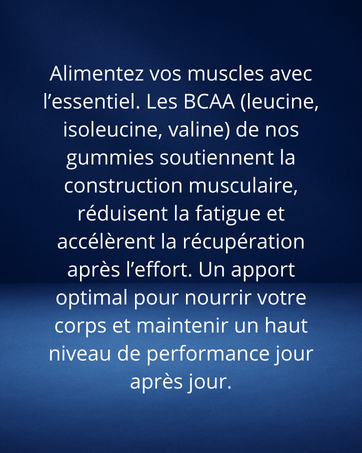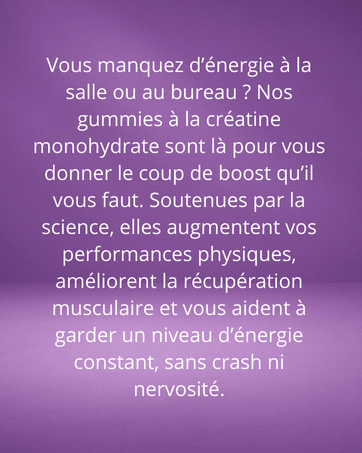The Protein Science
Dive into the world of #Proteine and discover the incredible science behind this vital nutrient. From debunking myths to exploring its fascinating roles in our bodies, this article is your ultimate guide to protein.
Introduction
Protein – it's not just another nutrient; it's the unsung hero in the grand epic of human health and vitality. The world of #Proteine is a multifaceted puzzle that holds the key to muscle power, immune strength, and even the secrets of life itself. In this protein-packed journey, we'll slice through the myths, savor the science, and marvel at the magic of this incredible macronutrient.
So, are you ready to dive into the depths of #Proteine? Grab your forks and knives (or maybe just a pen and notepad), and let's get started.
The Basics: What's Protein, Anyway?
Before we venture deep into the world of #Proteine, let's get the lowdown on the basics.
Protein 101: The Building Blocks of Life
Proteins are the body's construction workers. They're made up of amino acids, which are like the bricks and mortar of your biological building. Each protein has its own unique structure and purpose.
Functions Galore: What Proteins Do
Proteins are the Swiss Army knives of the molecular world. They're enzymes, hormones, and antibodies. They transport oxygen, provide structural support, and even help with muscle contractions. In short, they're the ultimate multitaskers.
Debunking Protein Myths
It's time to expose the myths and misconceptions surrounding #Proteine. Let's sort fact from fiction.
Myth 1: You Need Tons of Protein for Strength
Fact: While protein is vital for muscle growth, you don't need to overload your plate. Quality matters more than quantity, and balance is key.
Myth 2: All Proteins Are Created Equal
Fact: Animal-based proteins contain all essential amino acids, making them a complete protein source. Plant-based proteins can be combined to achieve the same effect.
Myth 3: Protein Is Just for Bodybuilders
Fact: Protein benefits everyone. It aids in tissue repair, supports your immune system, and keeps you feeling full and satisfied.
The Science of Protein: A Deeper Dive
Let's take a deeper plunge into the scientific aspects of #Proteine.
Protein Structure: The Fold and Function
Proteins are like origami masters, folding into intricate shapes to perform their functions. Misfolded proteins can lead to diseases like Alzheimer's.
Genetic Codebreakers: The Human Genome Project
Mapping the human genome has given us a peek into the vast world of proteins. We've identified thousands, but there's still much to unravel.
Protein Mutations: When Proteins Go Rogue
Genetic mutations can result in misshapen proteins, leading to genetic diseases. Understanding these mutations is like solving a genetic puzzle.
The Marvels of Modern Protein Science
#Proteine is a rapidly evolving field, and new discoveries are reshaping our understanding of this nutrient.
Proteomics: The Proteins We've Yet to Discover
Proteomics is like a treasure hunt, aiming to identify and understand all the proteins in our bodies. Mass spectrometry is the tool of the trade.
Designer Proteins: Building Proteins from Scratch
Scientists are now engineering proteins for specific purposes, from breaking down plastics to targeting cancer cells. It's like playing with molecular Lego blocks.
Alzheimer's and Protein Clumps: A Puzzling Connection
Alzheimer's disease is linked to misfolded protein clumps in the brain. Researchers are striving to understand how these clumps form and how to prevent them.
In Conclusion
#Proteine isn't just a nutrient; it's a piece of the intricate puzzle that is life. It's a molecule that powers our bodies, fuels our cells, and holds the promise of a healthier future. Whether you're a science aficionado or just curious about the wonders of your own body, #Proteine is an enigmatic journey waiting to be explored. So, roll up your sleeves and get ready to unravel the protein puzzle!
FAQs (Frequently Asked Questions)
Q1: Can I get enough protein from a vegetarian diet? Absolutely. Many plant-based sources are rich in protein, and combining different plant foods can provide a complete amino acid profile.
Q2: What happens when a protein misfolds? Misfolded proteins can lose their functionality and lead to diseases like Alzheimer's and Parkinson's.
Q3: Can we create proteins in a lab? Yes, scientists can synthesize proteins through genetic engineering techniques, opening the door to countless possibilities in medicine and biotechnology.
Q4: Are all enzymes proteins? Indeed. Enzymes are specialized proteins that accelerate chemical reactions in your body, making essential processes possible.
Q5: What's the future of #Proteine Science? The future is bright, with potential breakthroughs in personalized medicine, protein-based therapies, and a deeper understanding of diseases at the molecular level.

